Introduction to Chess as a Potential Olympic Sport
Chess, a strategic and intellectual game with a history spanning centuries, has consistently been a subject of debate regarding its inclusion in the Olympic Games. Associated with intense mental prowess and recognized as a sport by the International Olympic Committee (IOC) in 1999, chess has various national and international competitions, but its Olympic journey remains a topic ripe for discussion.
The Criteria for Olympic Sport Inclusion
Understanding why chess has not yet made it into the Olympics requires analysis of the criteria for Olympic inclusion. Fundamentally, sports must be widely practiced around the world, adhere to the values of the Olympic movement, and have an efficient and universally applied rule enforcement system. Additionally, the inclusion of a new sport often depends on its ability to attract viewers, enhance the Games' universality, and reflect modern trends and public interest.
Global Appeal and Popularity
Chess boasts a global following with an infrastructure of clubs, tournaments, and online platforms facilitating broad and inclusive participation. Such widespread appeal might suggest a ready path to Olympic inclusion. However, while popular, this does not automatically qualify it for the Games.
Gender Equality and Universality
Another important criterion is gender equality, both in participation and competitive results. Chess has made notable strides in promoting gender equality, although disparities still exist. Universality of the sport, in terms of geographic spread and cultural resonance, also supports its potential inclusion, as chess is played from rural schools to high-level competitive circuits globally.
Challenges to Chess's Inclusion in the Olympics
Despite meeting several of the IOC's criteria, chess faces unique challenges in its quest for Olympic recognition. One of the primary issues is the perception of chess as lacking physicality, which contrasts with the traditional view of Olympic sports involving intense physical activity and prowess. Although chess is unquestionably challenging mentally, this aspect may not align neatly with the typical profile of Olympic sports.
Competition Format and Viewer Engagement
Another challenge is the format of chess competitions, which generally involve extended periods of concentration and subtle moves that might not translate well to engaging television or live spectator experiences. Modern audiences often seek dynamic viewing with easily recognizable peaks in action, something less applicable to traditional chess matches.
Sport Saturation at the Olympics
The IOC also has to consider the existing saturation of sports in the Olympic program, balancing the addition of new sports against the already crowded schedule and infrastructure demands of the Games. Introducing chess would require adjustments and possible removal or alteration of other sports, which complicates its inclusion.
Potential Future Pathways
There are still pathways that might increase the likelihood of chess becoming an Olympic sport. Innovations in broadcasting technology and match formats could make the game more spectator-friendly and engaging. Speed chess or Blitz matches are one such variant, offering faster, more intense games that could better capture the audience's attention.
Chess in Youth Olympic Games
Inclusion in other IOC-related events, such as the Youth Olympic Games, where chess was a part of the 2014 event in Nanjing, China, could serve as a stepping stone. Demonstrating success at these levels might help build a case for chess's inclusion in the full Olympic program.
Engagement with the IOC and Wider Community
Efforts by chess governing bodies to lobby and engage with the IOC and the wider sports and Olympic community could also be vital. Demonstrating a commitment to aligning with the Olympic ideals of promoting peace, respect, and international camaraderie through sports could further strengthen chess's candidacy.
Conclusion
While the question of whether chess will be included in the Olympics remains open, its journey highlights the complex interplay of tradition, modernity, viewer engagement, and sport criteria in defining an Olympic sport. Whether or not chess overcomes these challenges to join the Olympic roster, its debate emphasizes the evolving nature of the Olympic Games and the wide range of human skills and competitions they celebrate.
Explore our large collection of luxurious chess sets!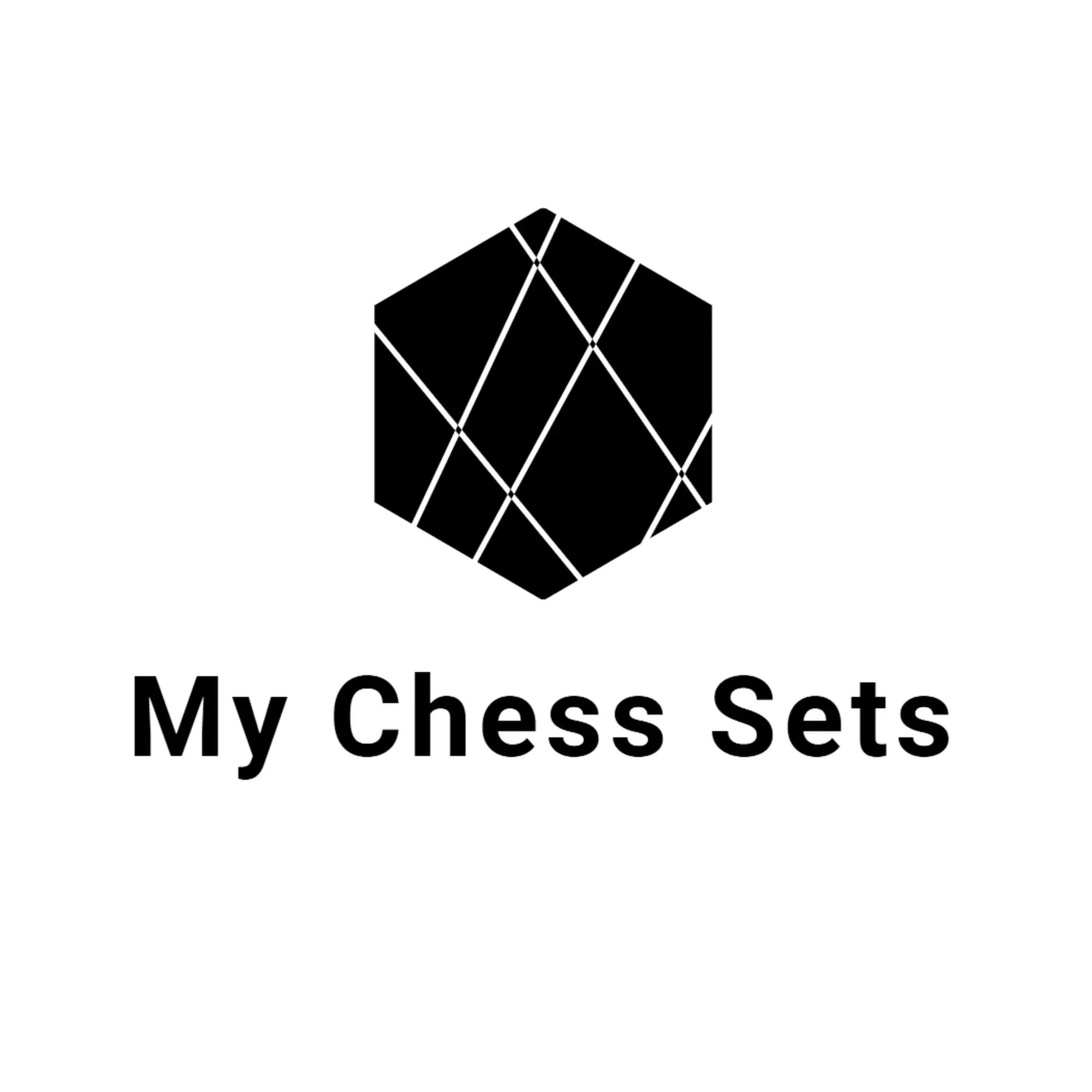
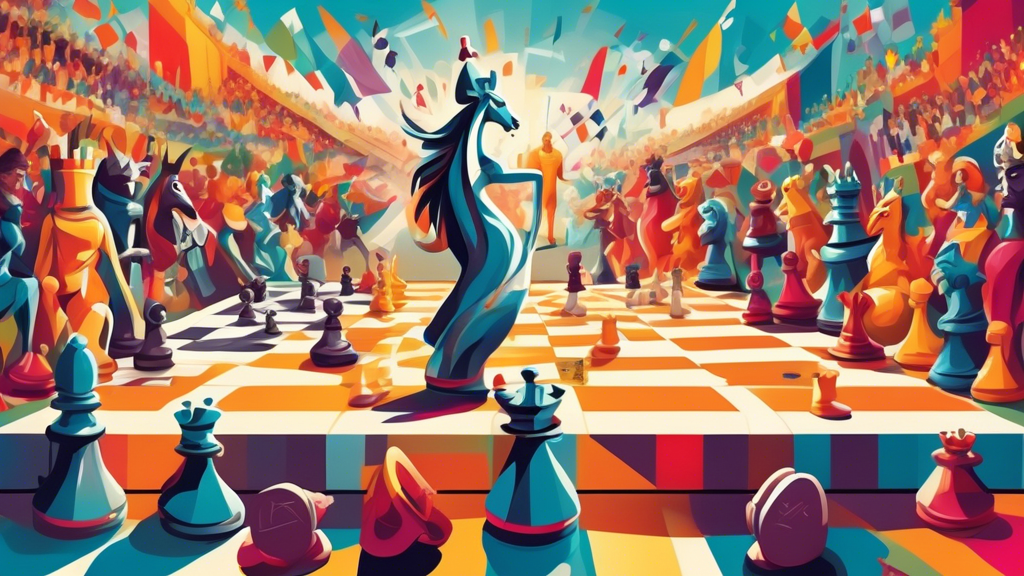
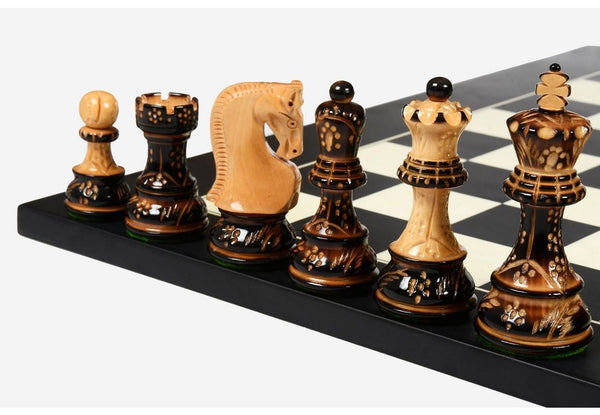

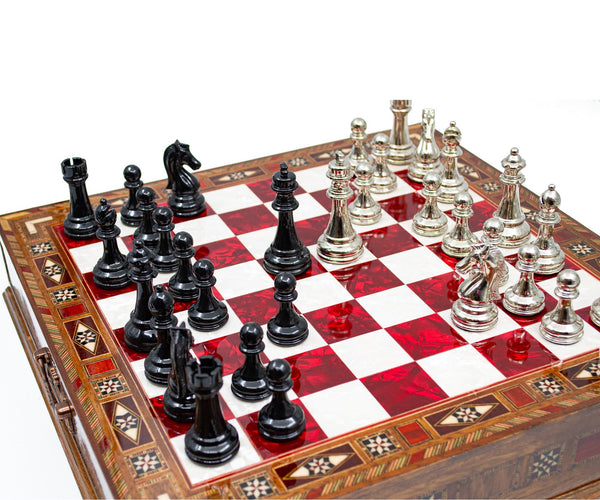
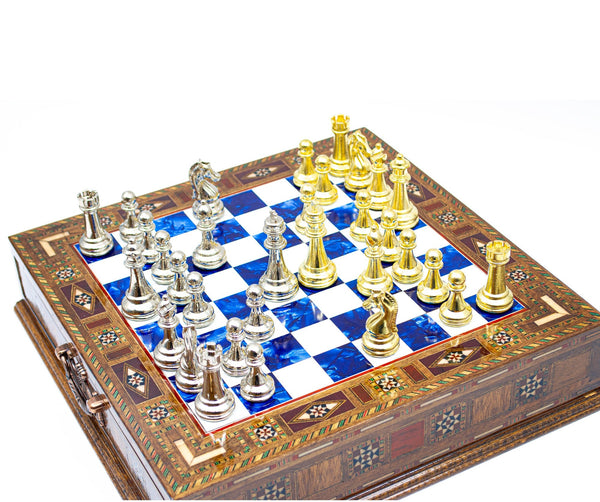
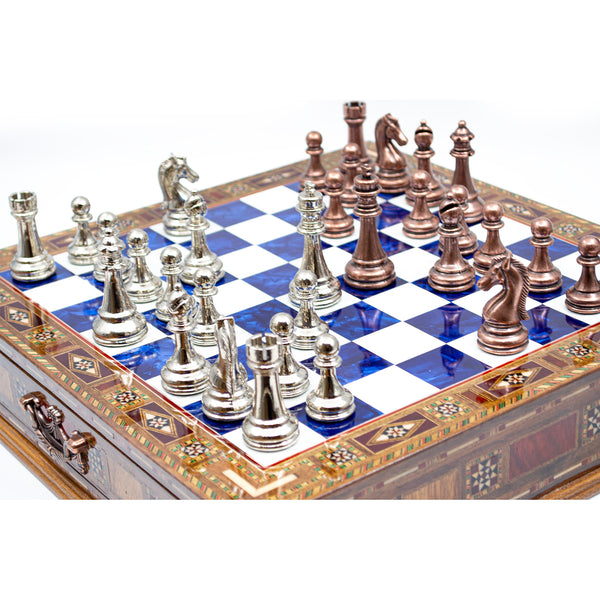

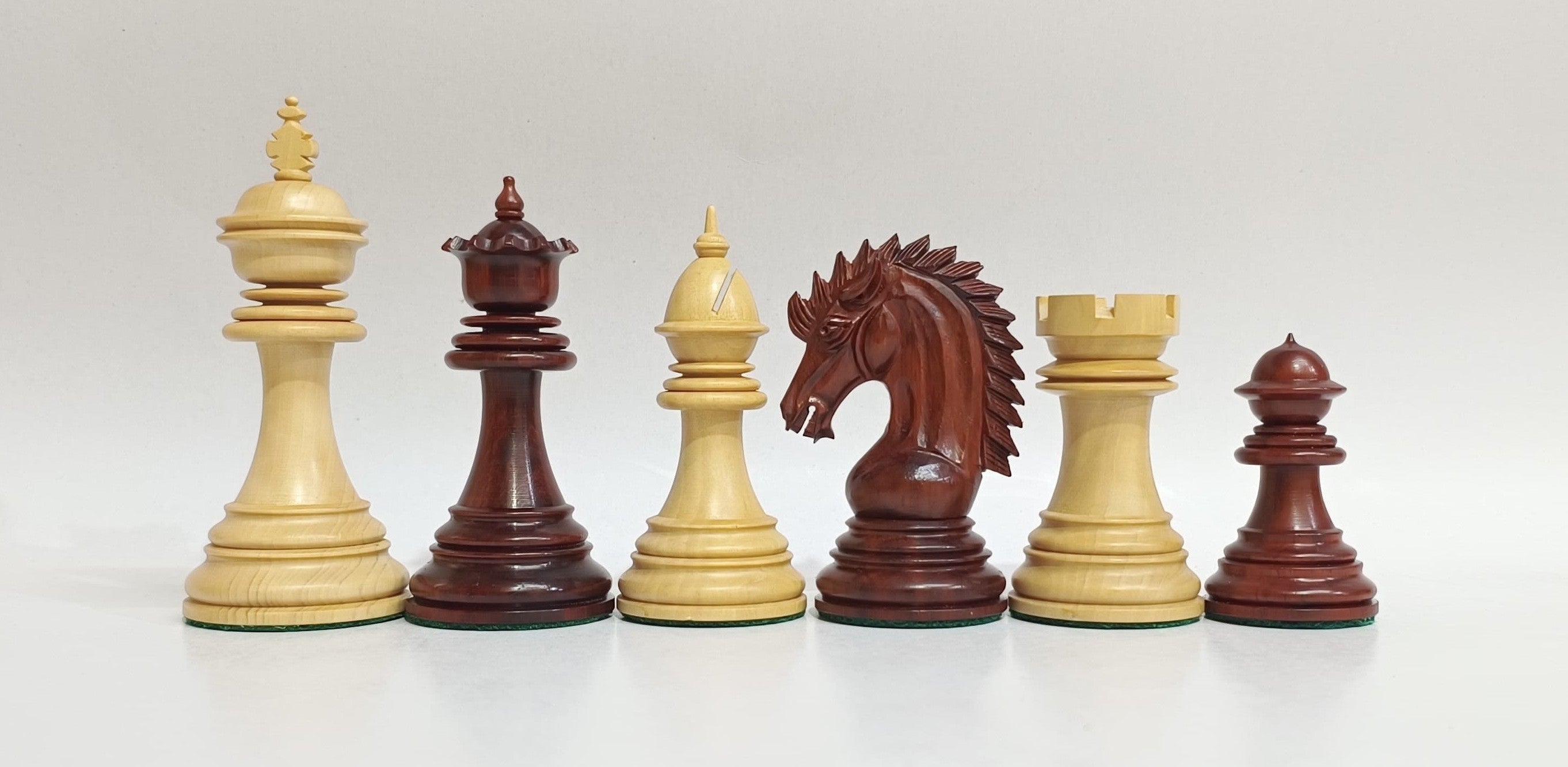
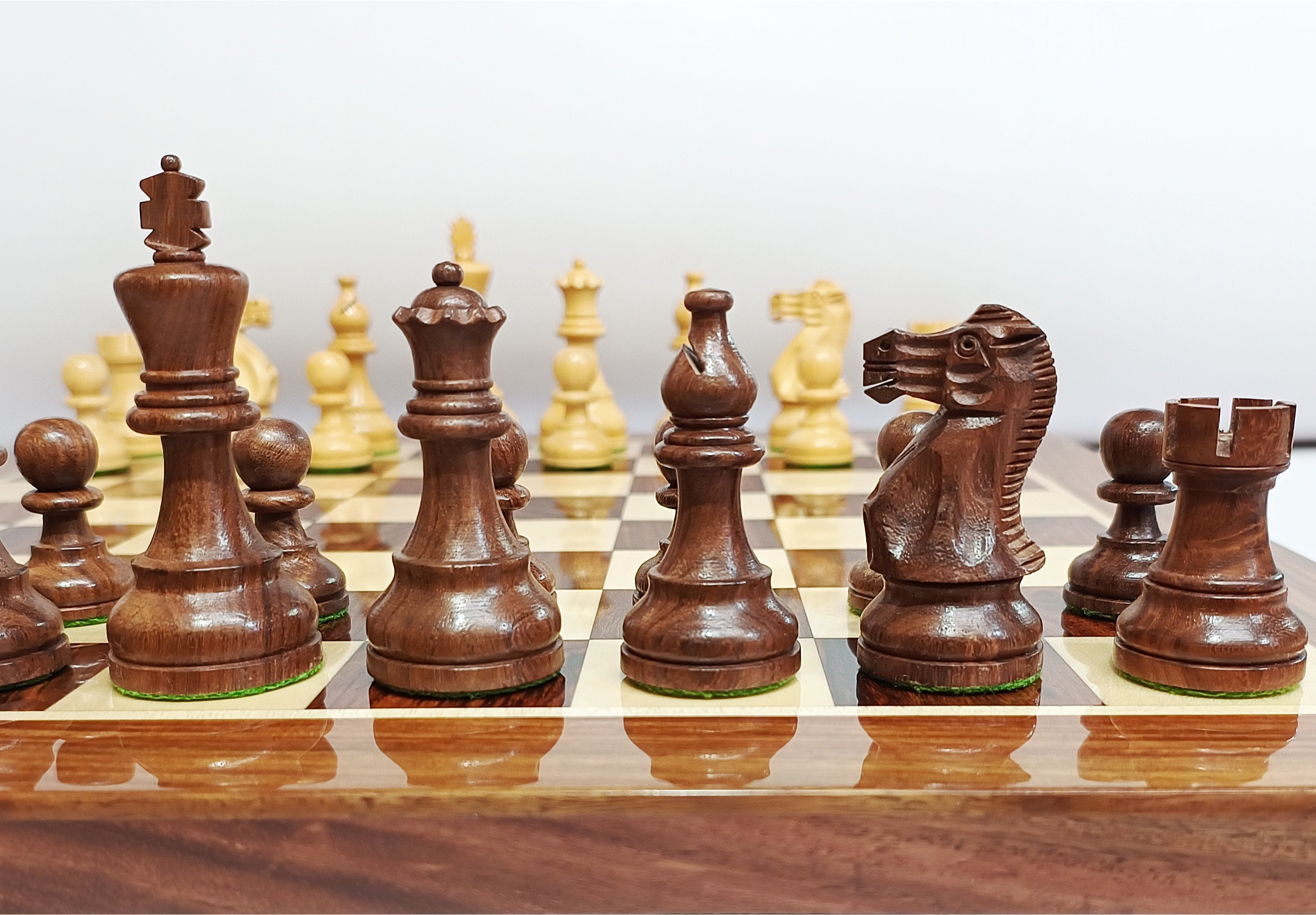
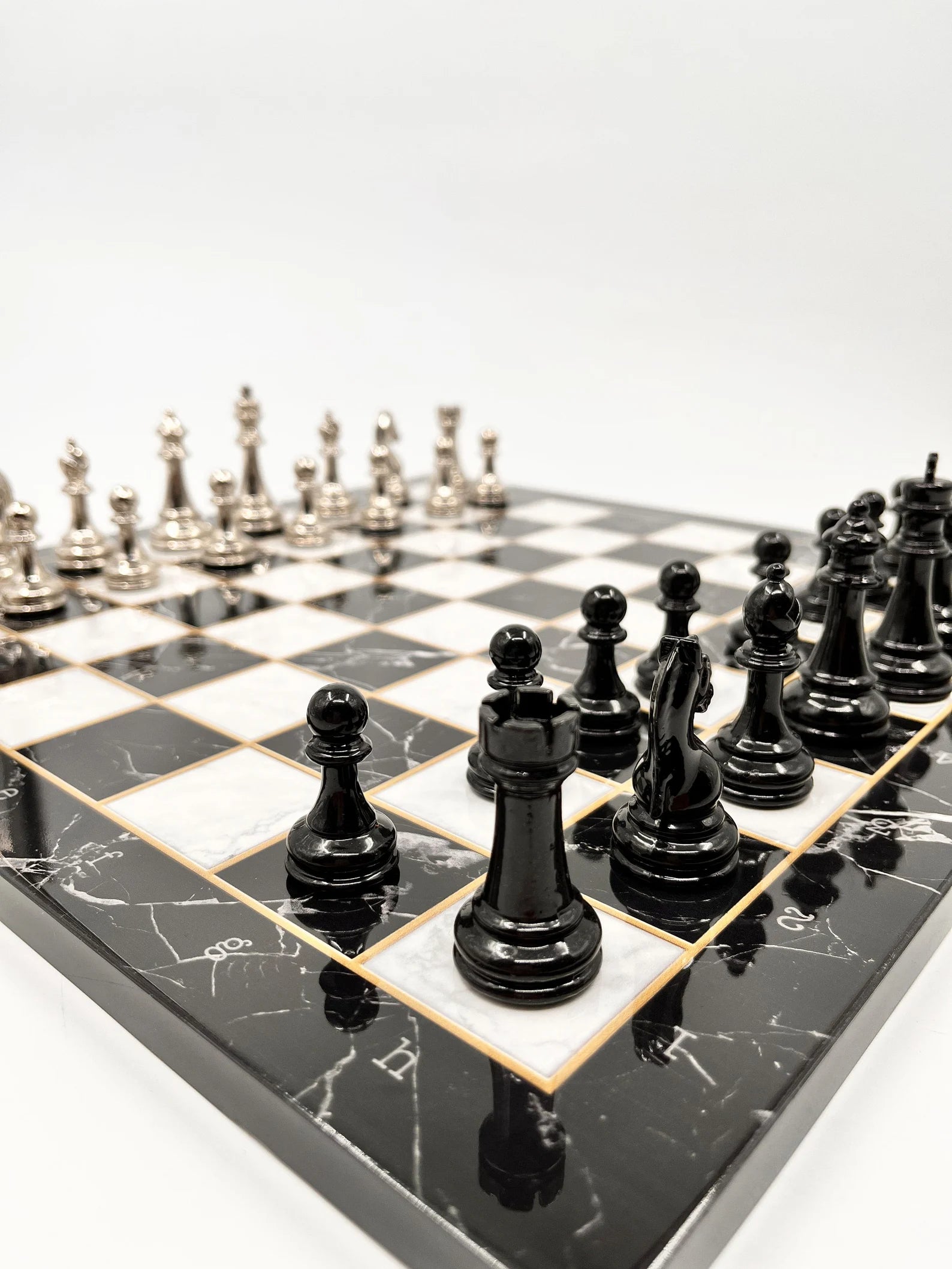
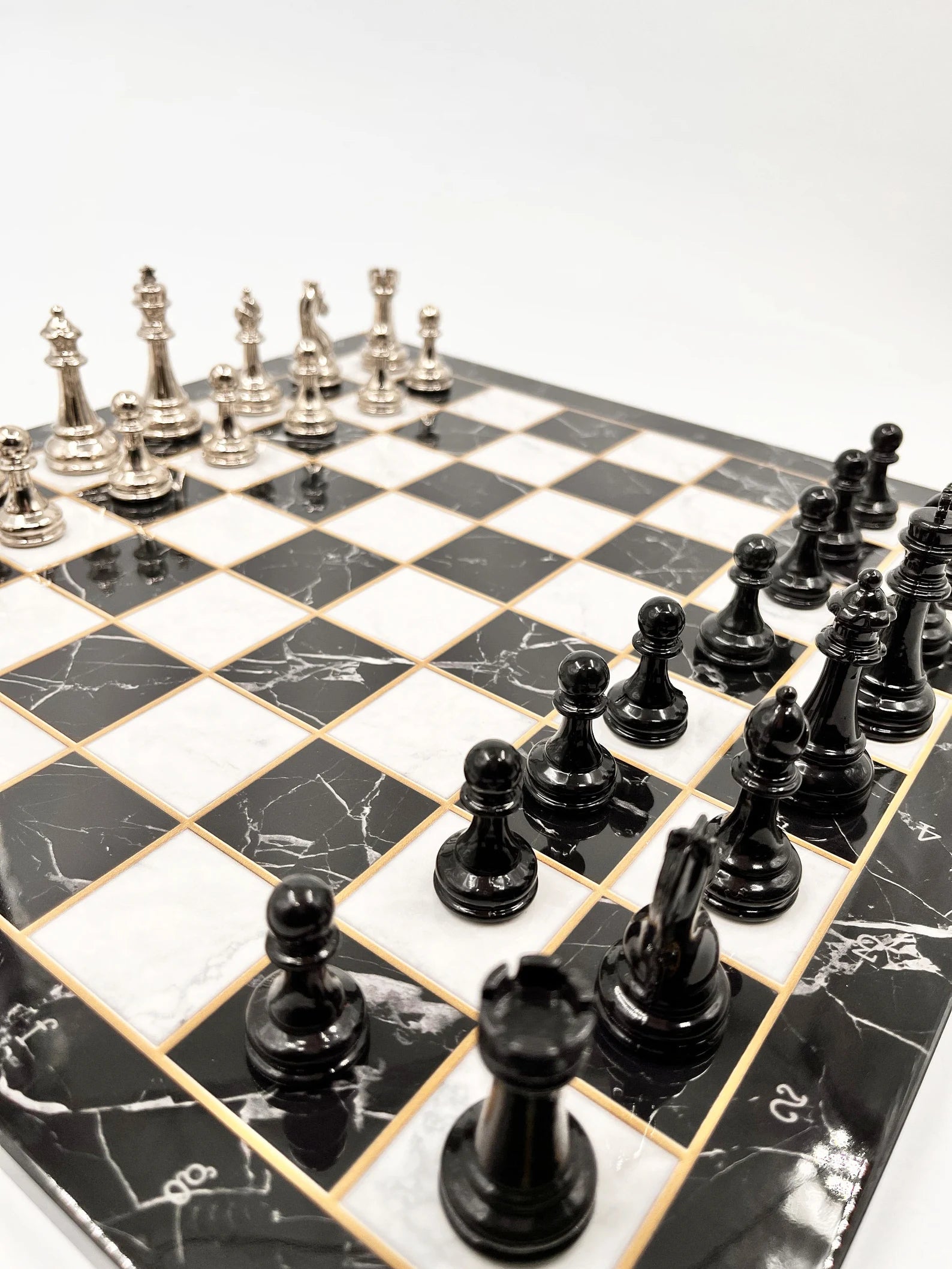
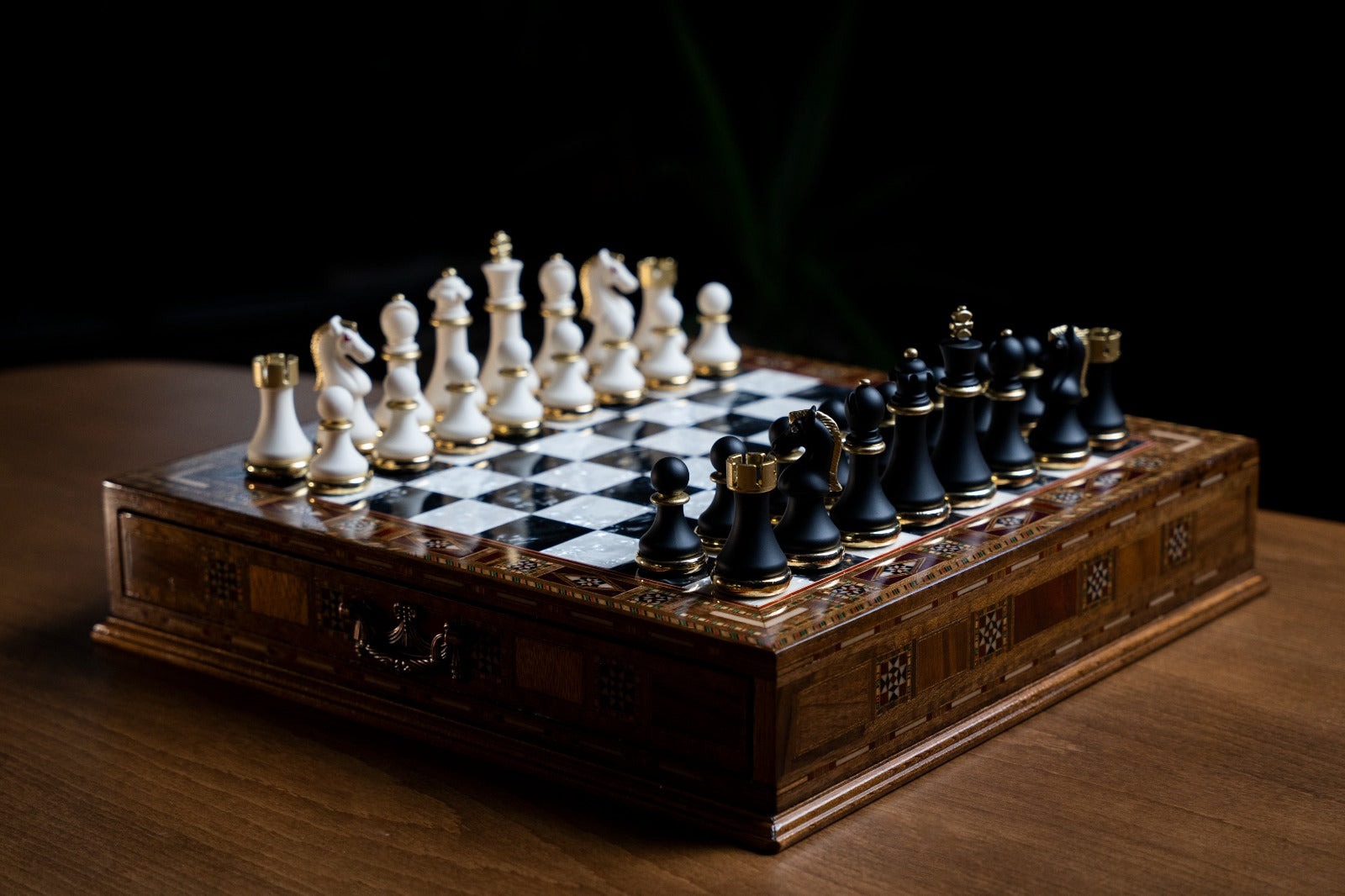
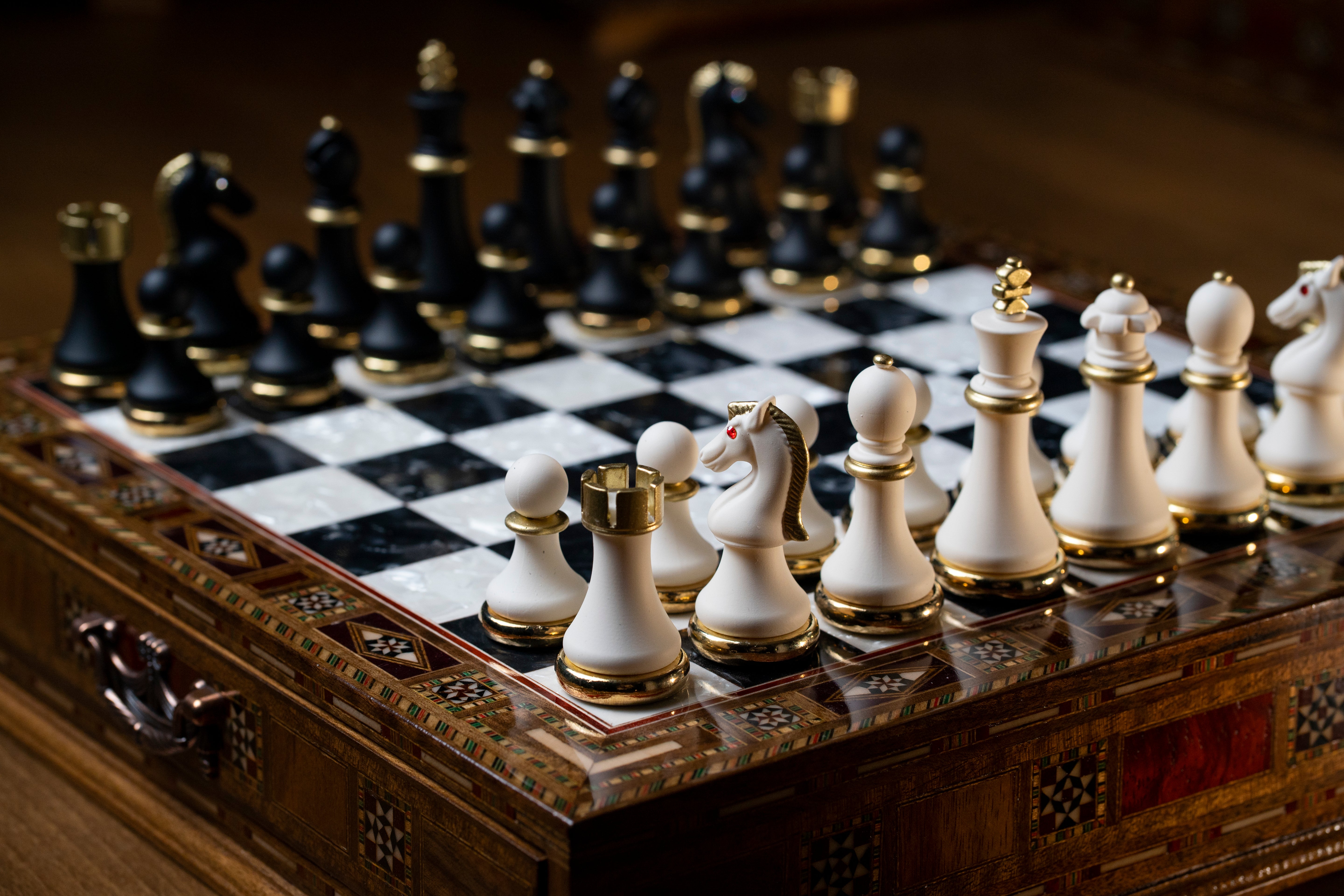
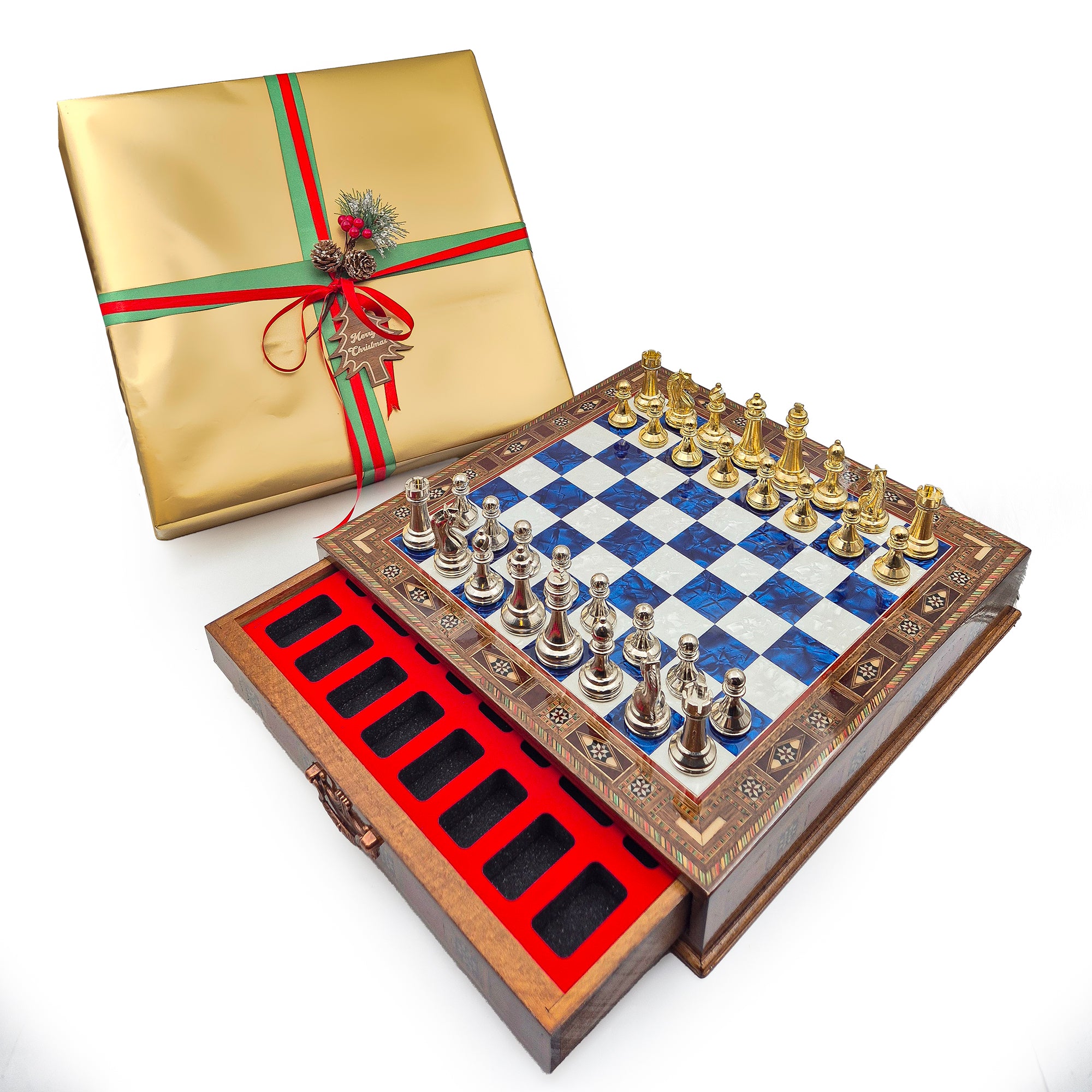
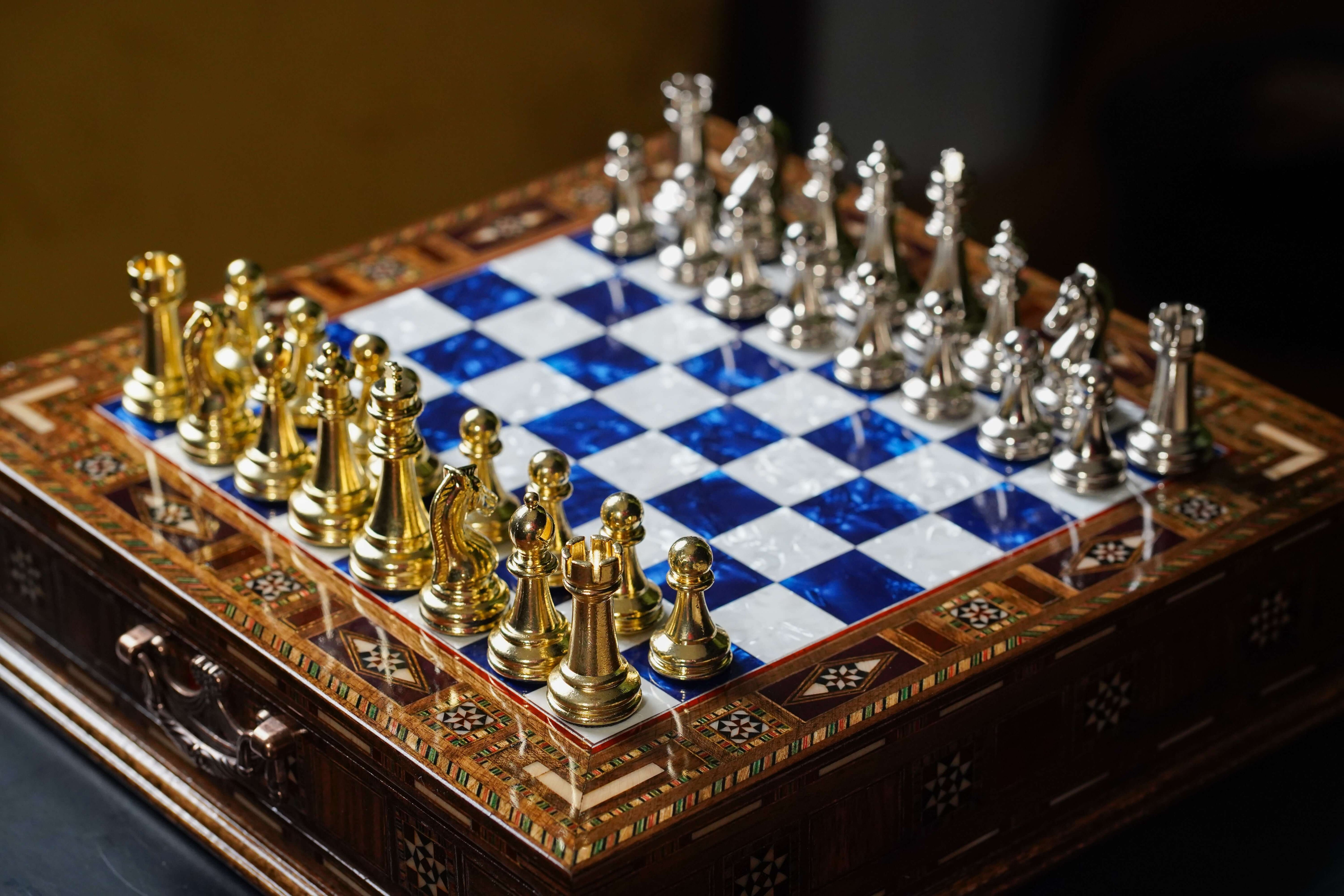

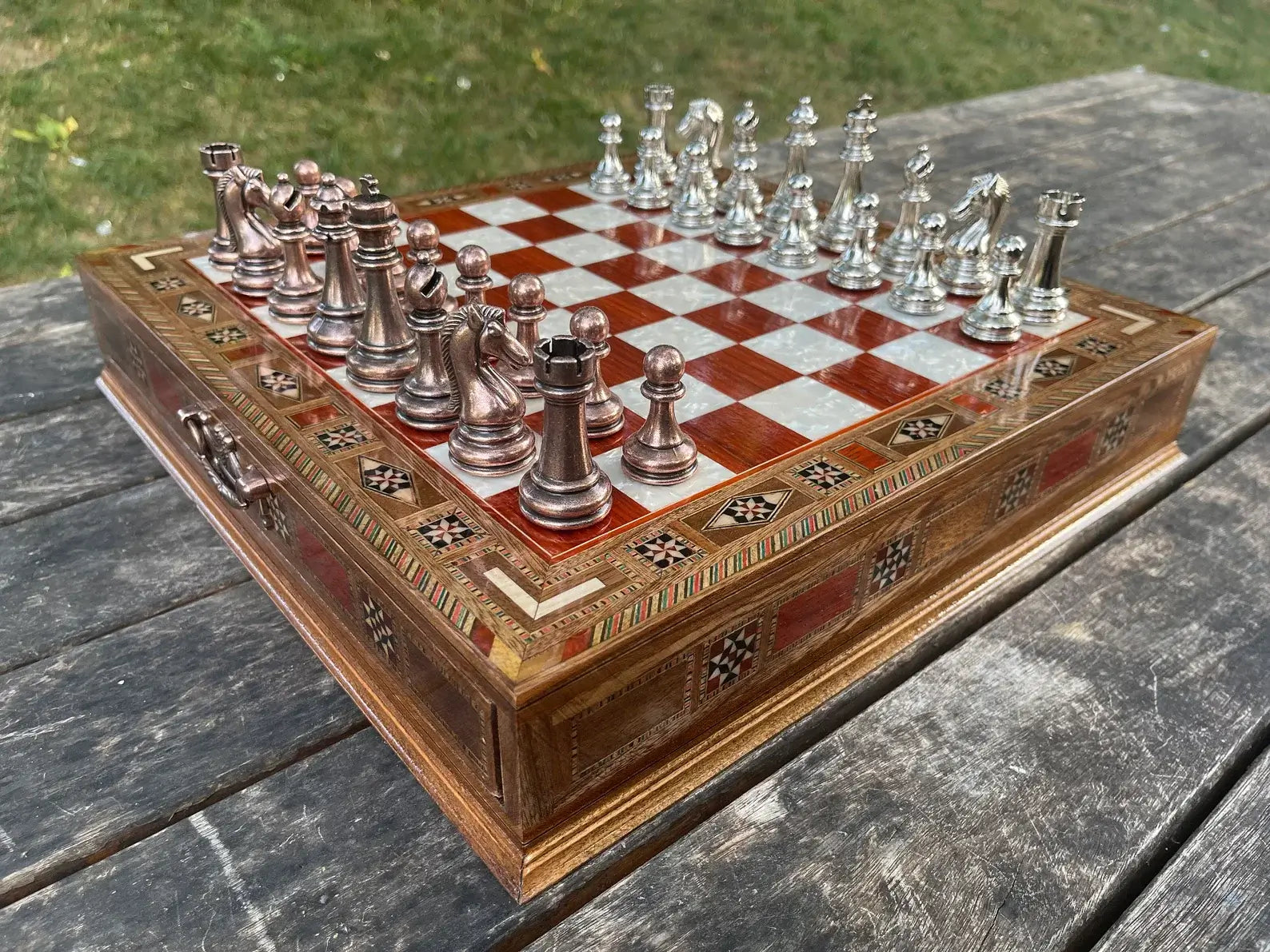
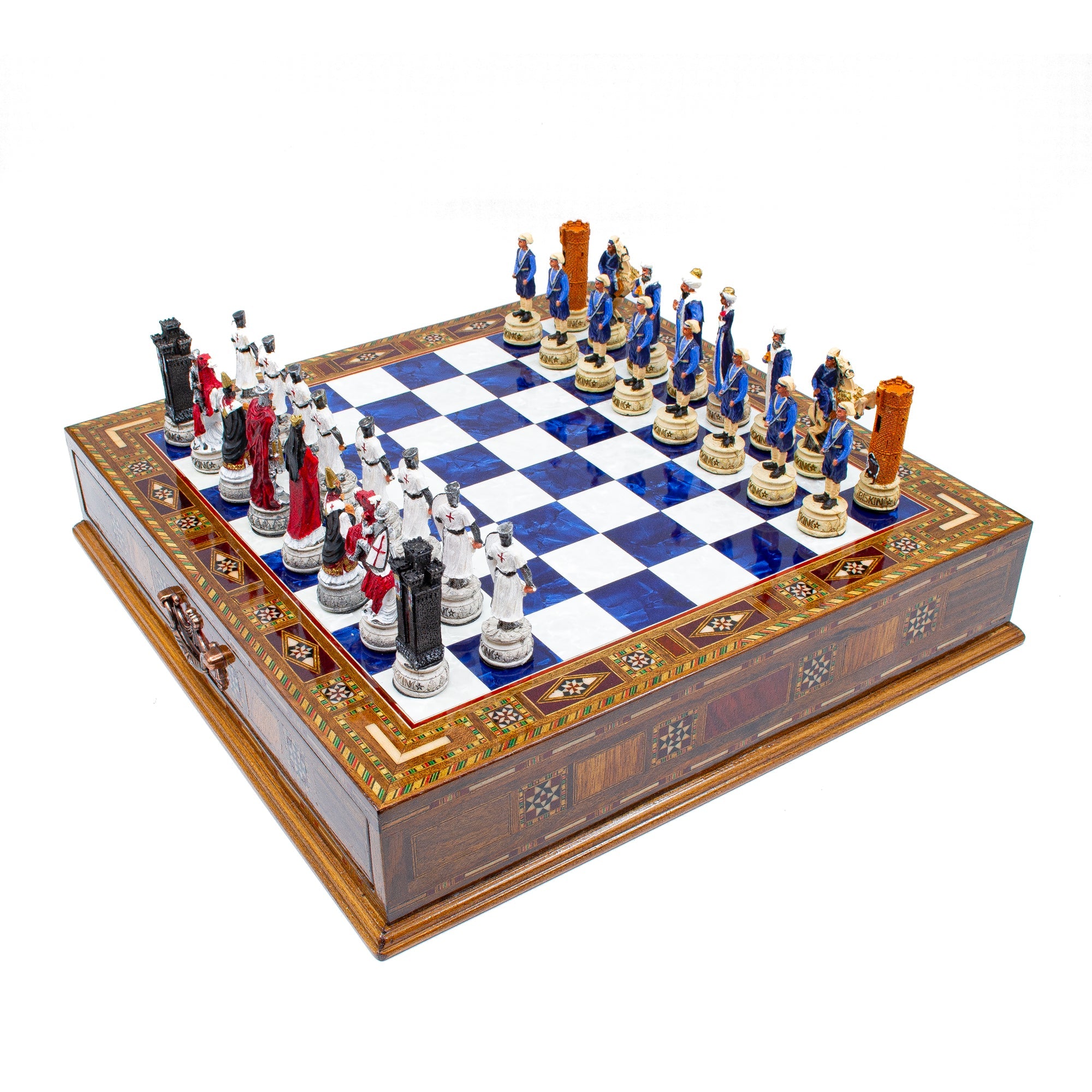
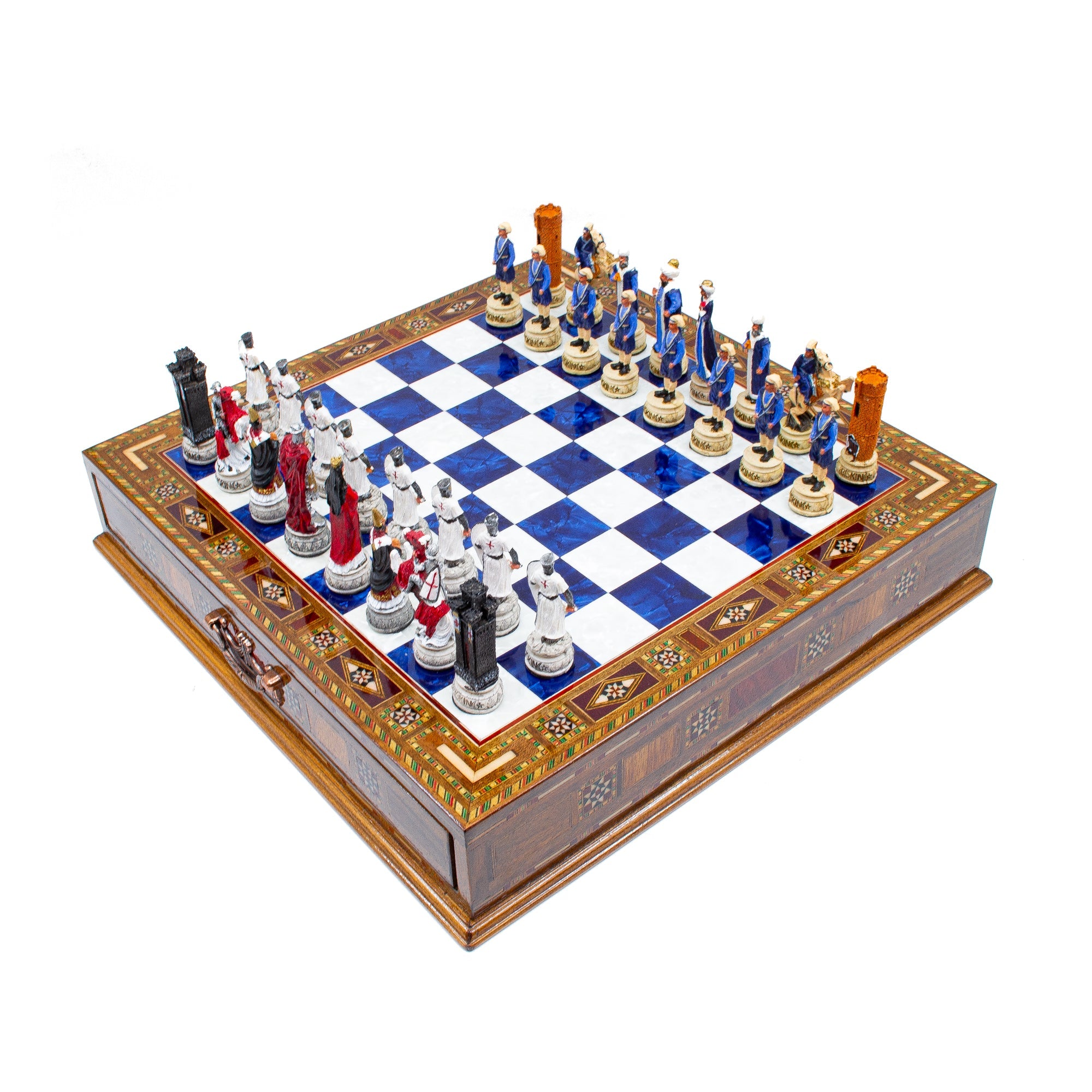
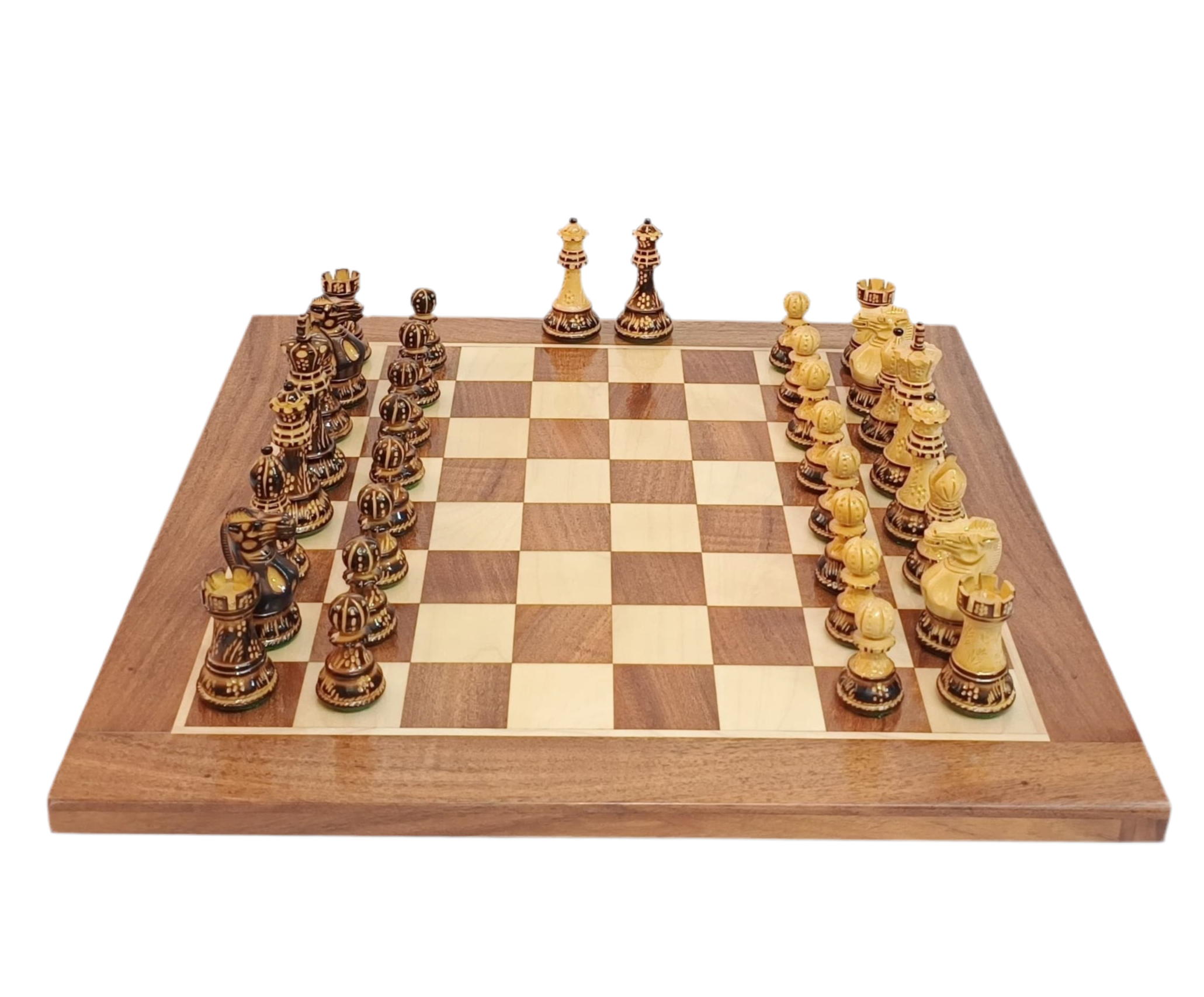
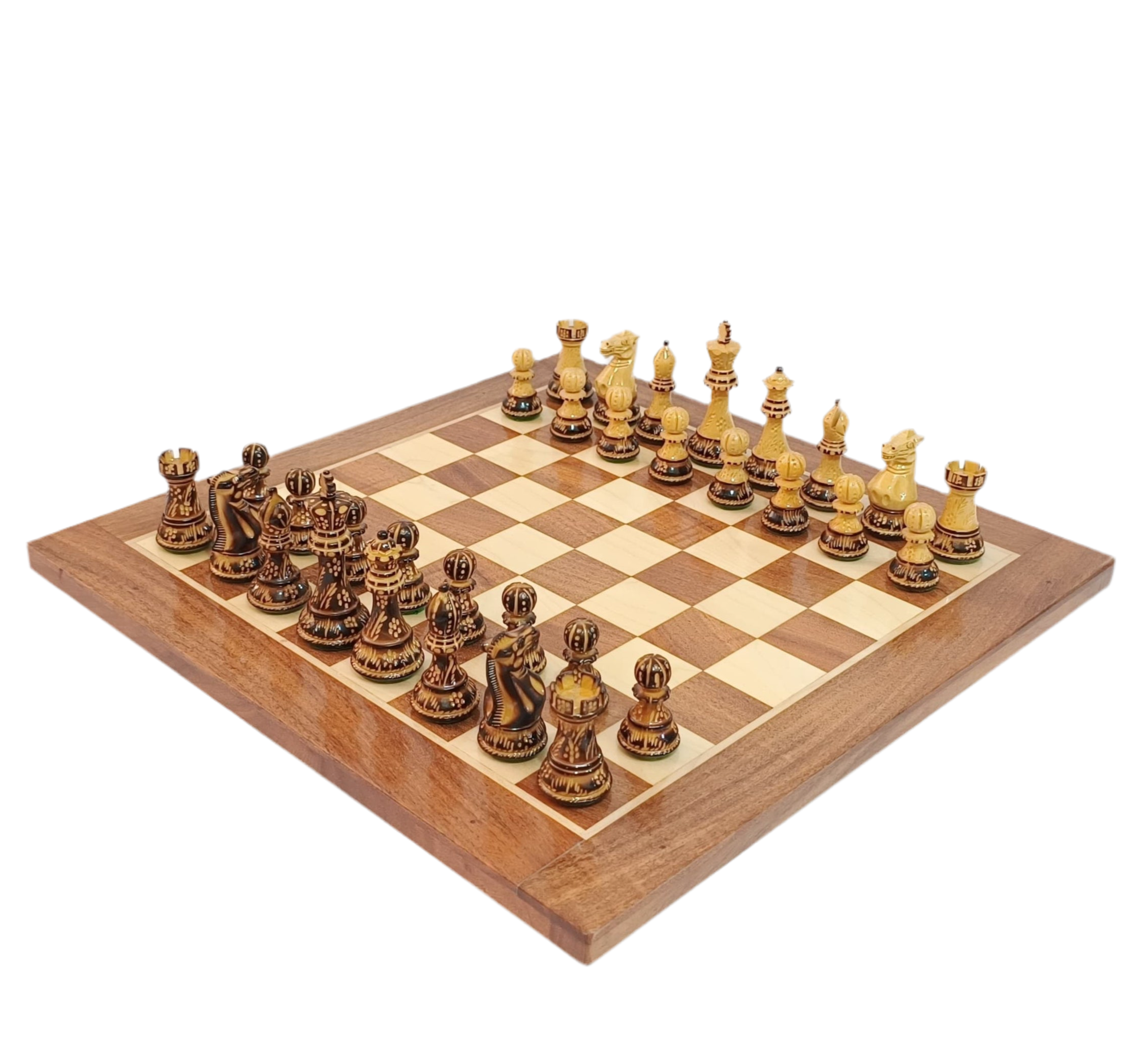
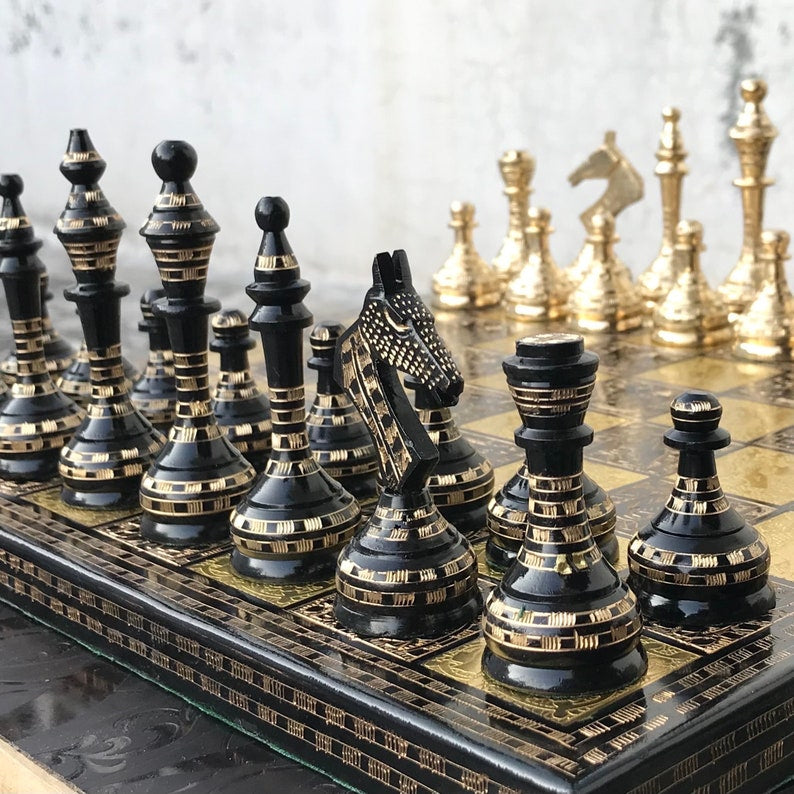
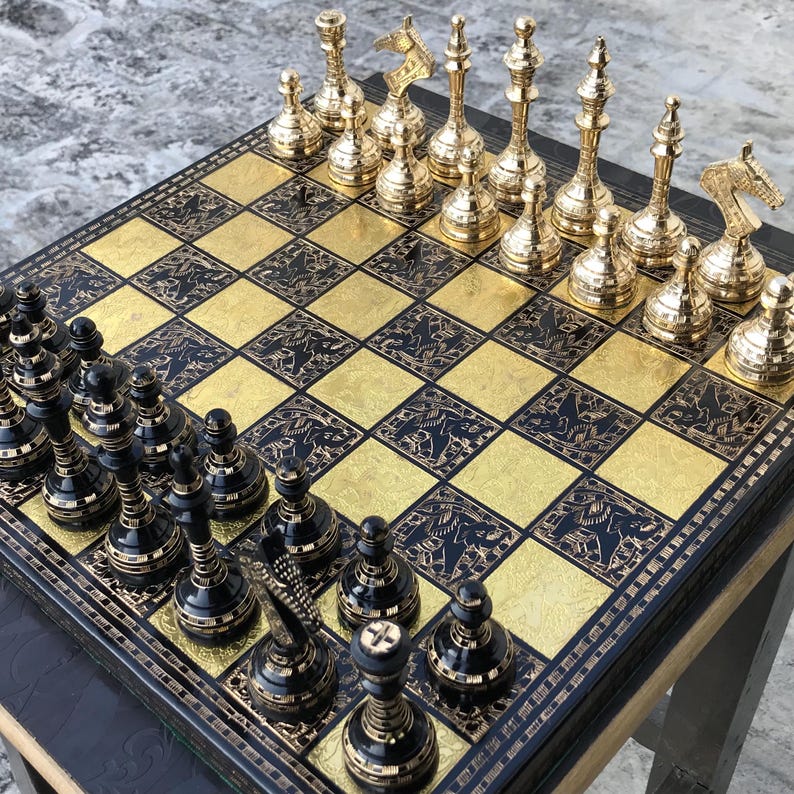


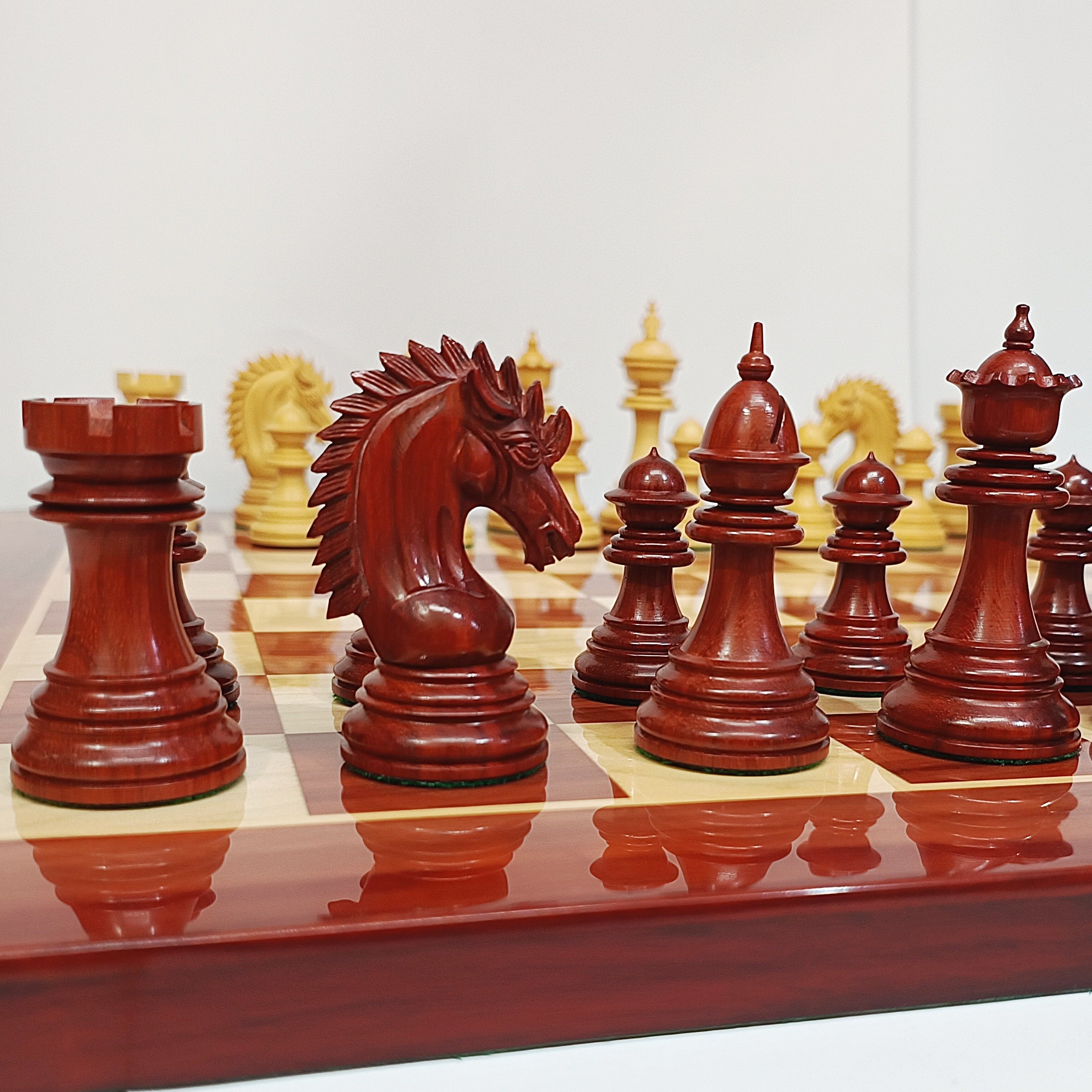
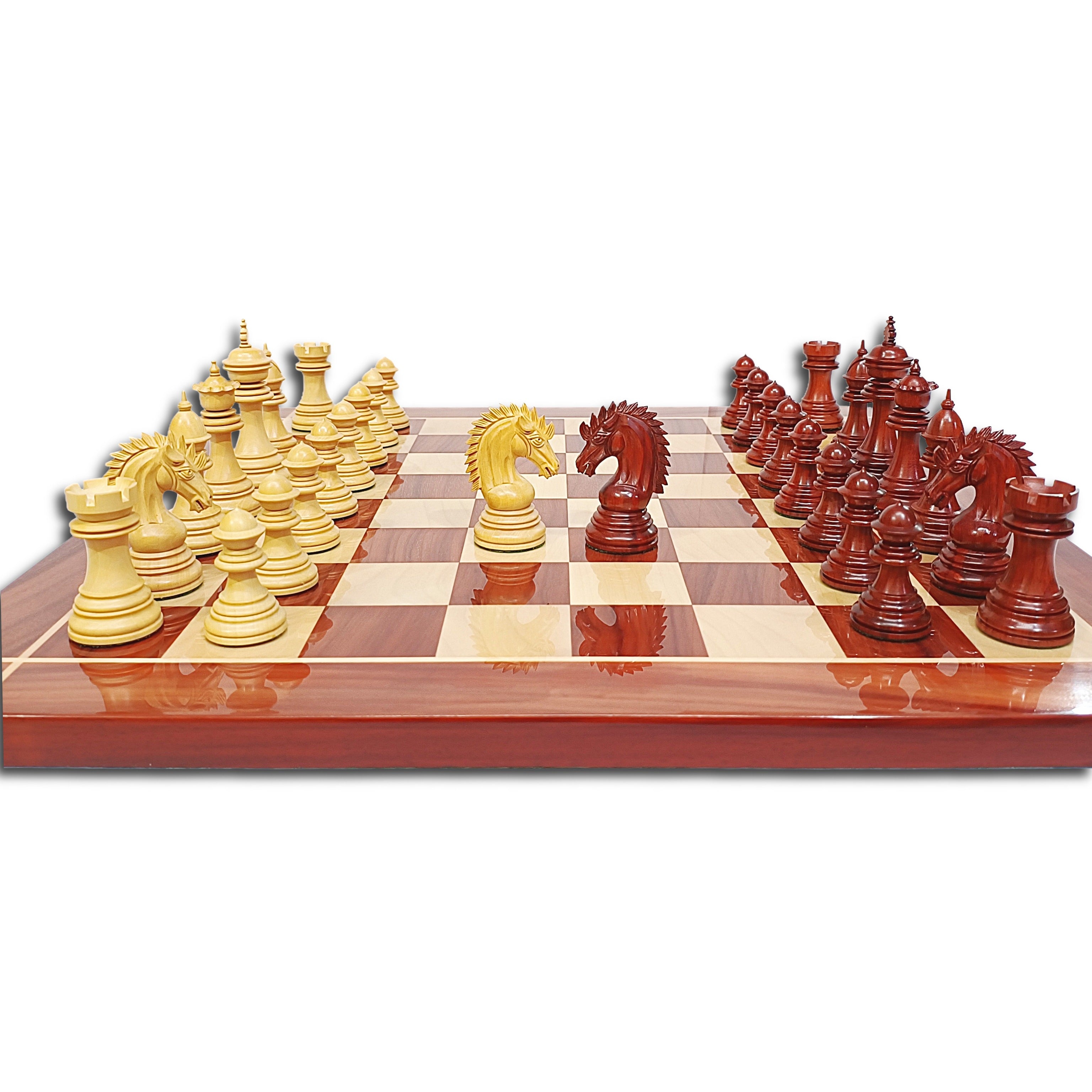
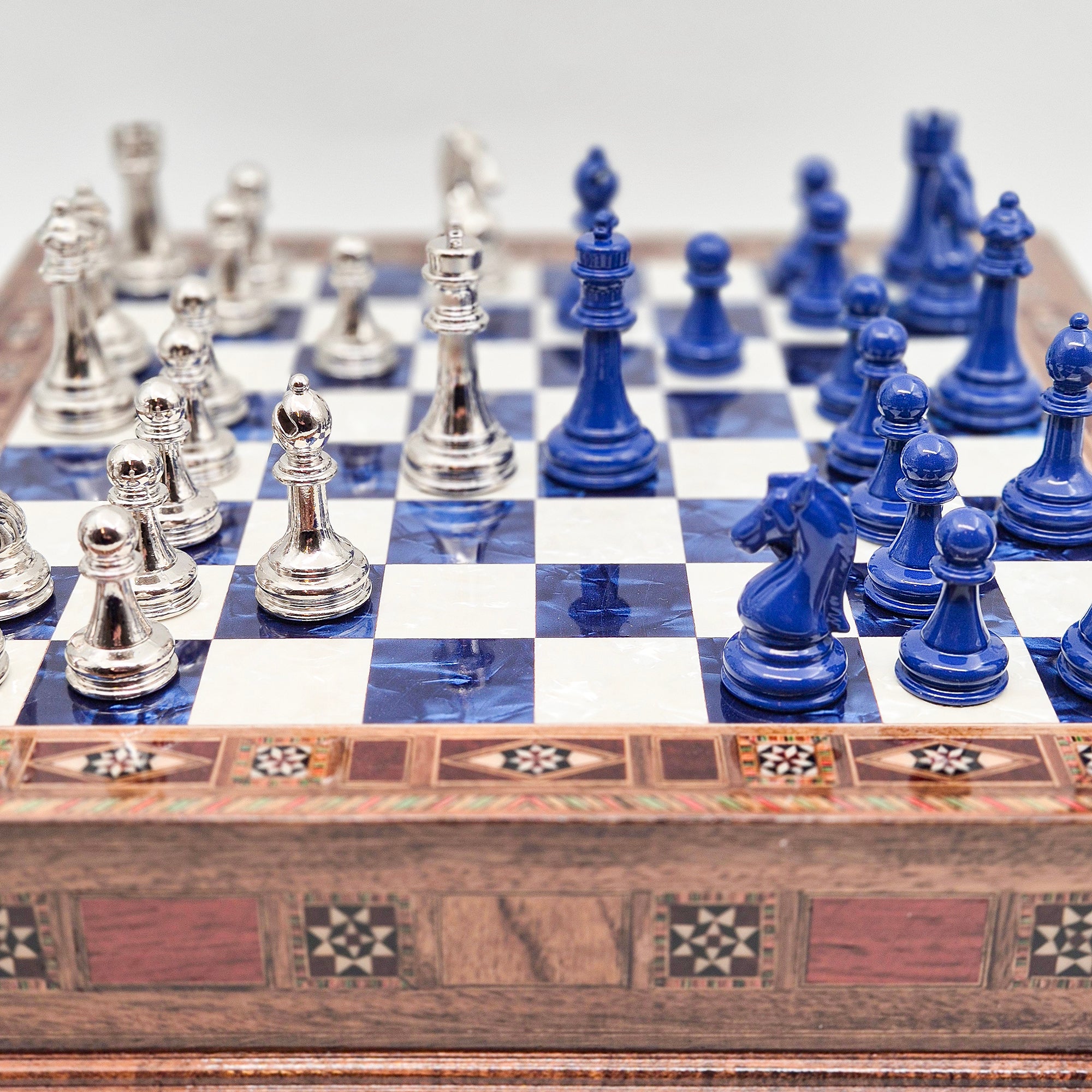
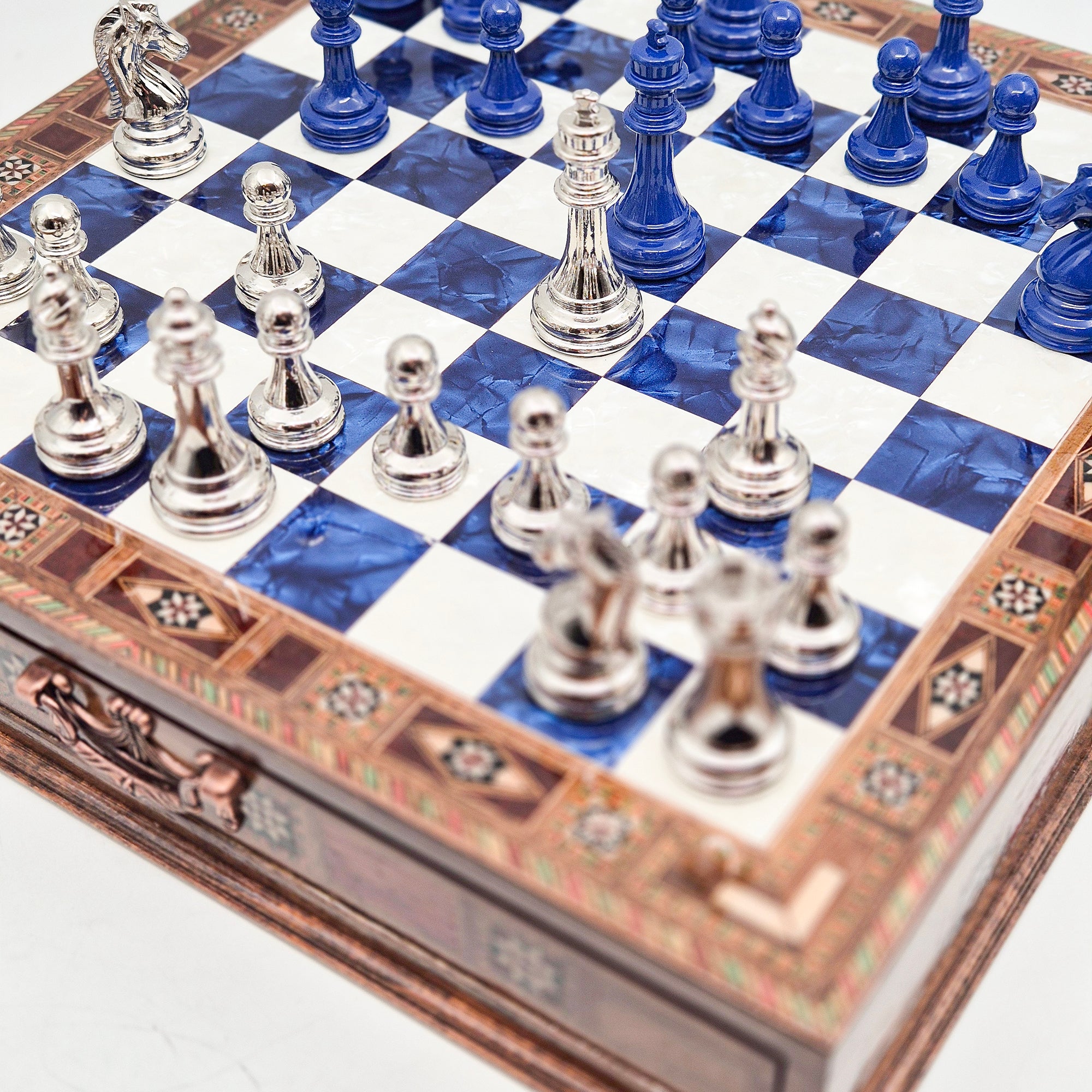
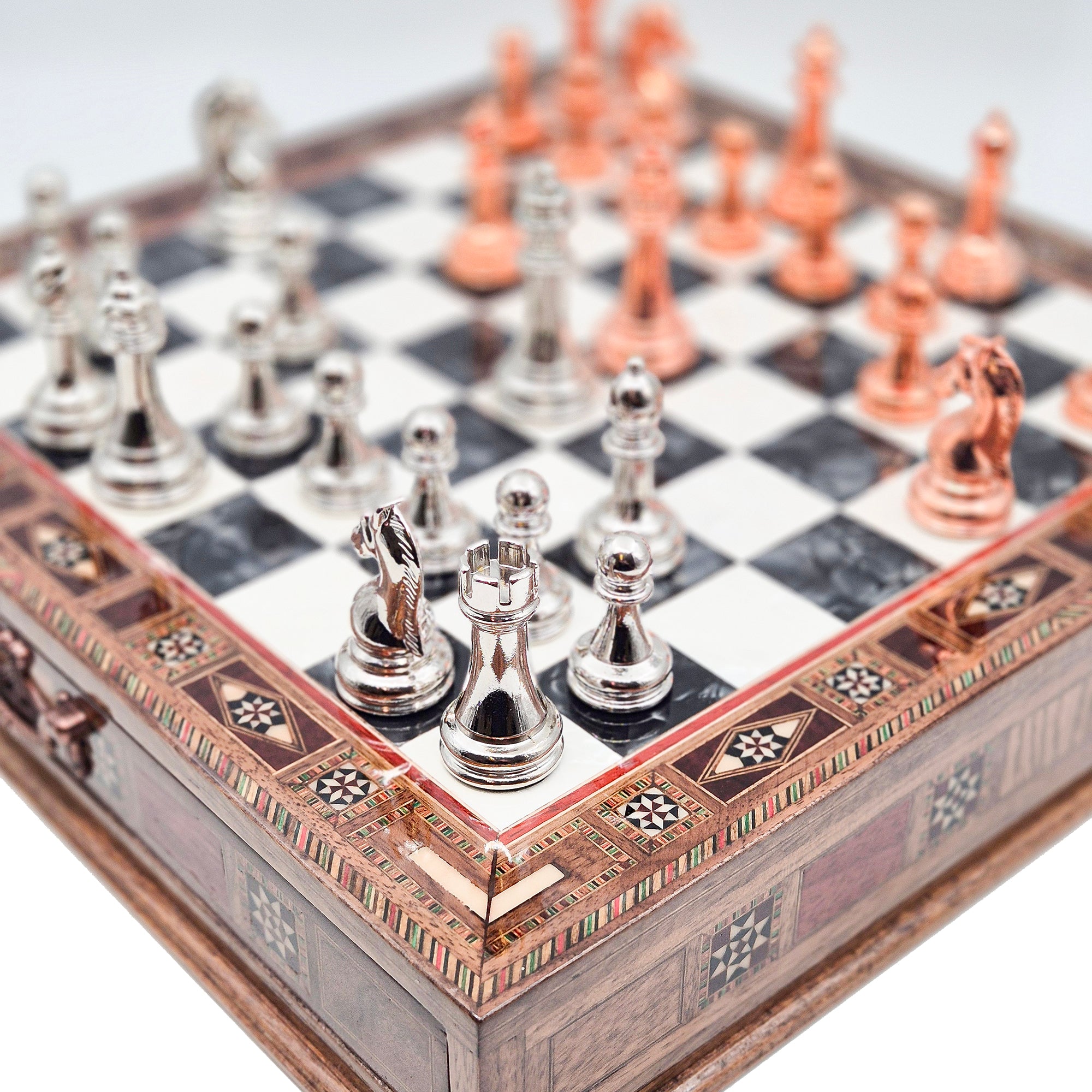
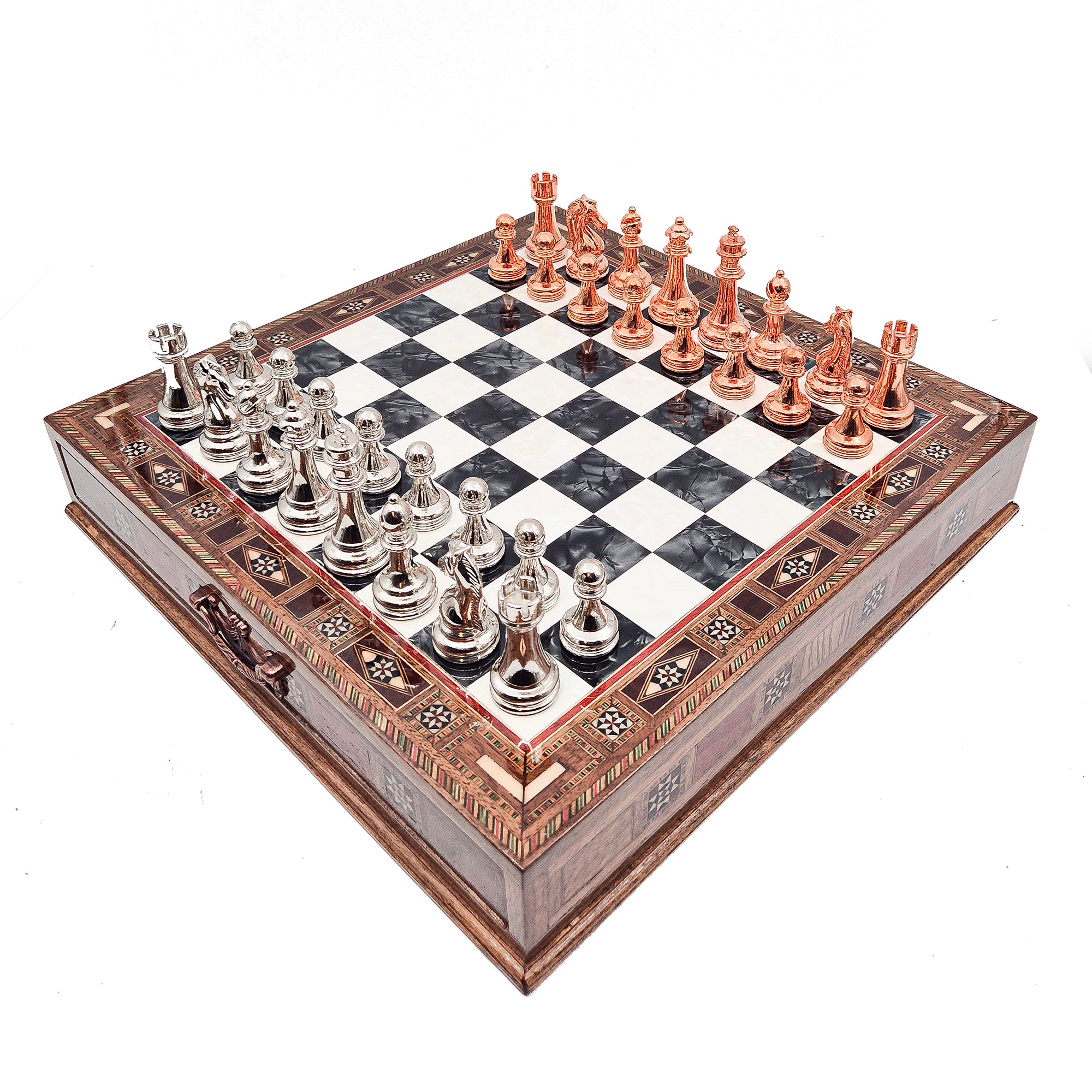
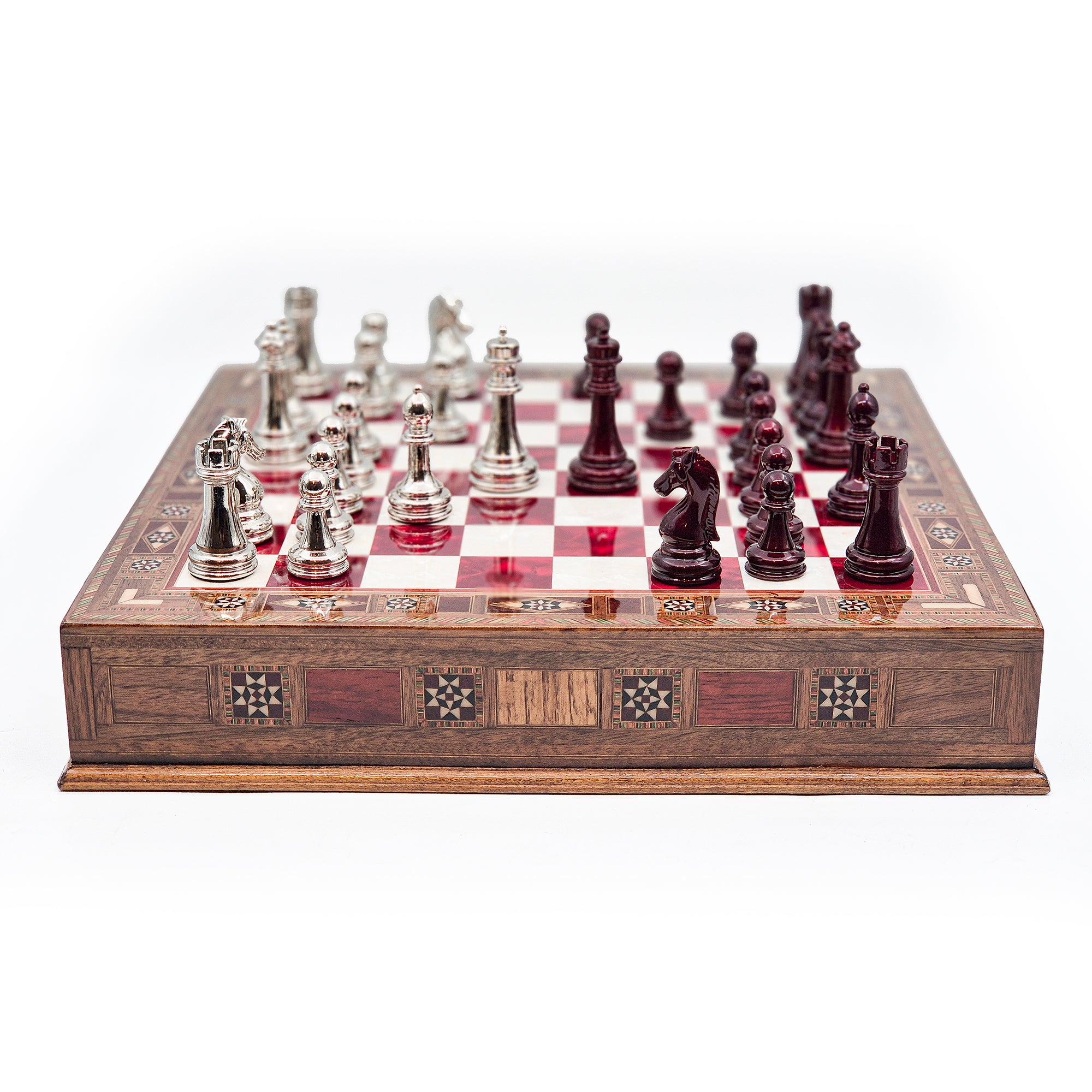
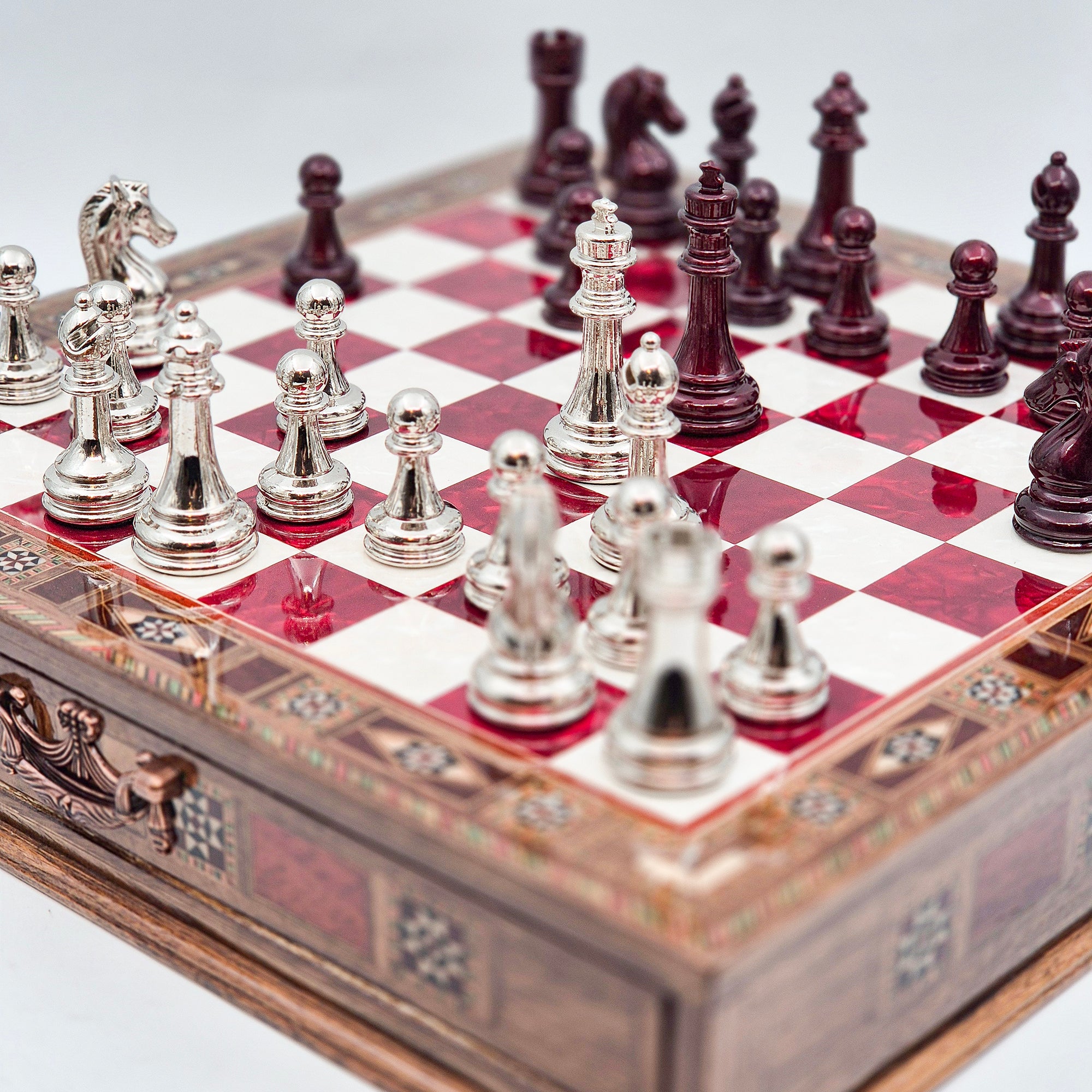
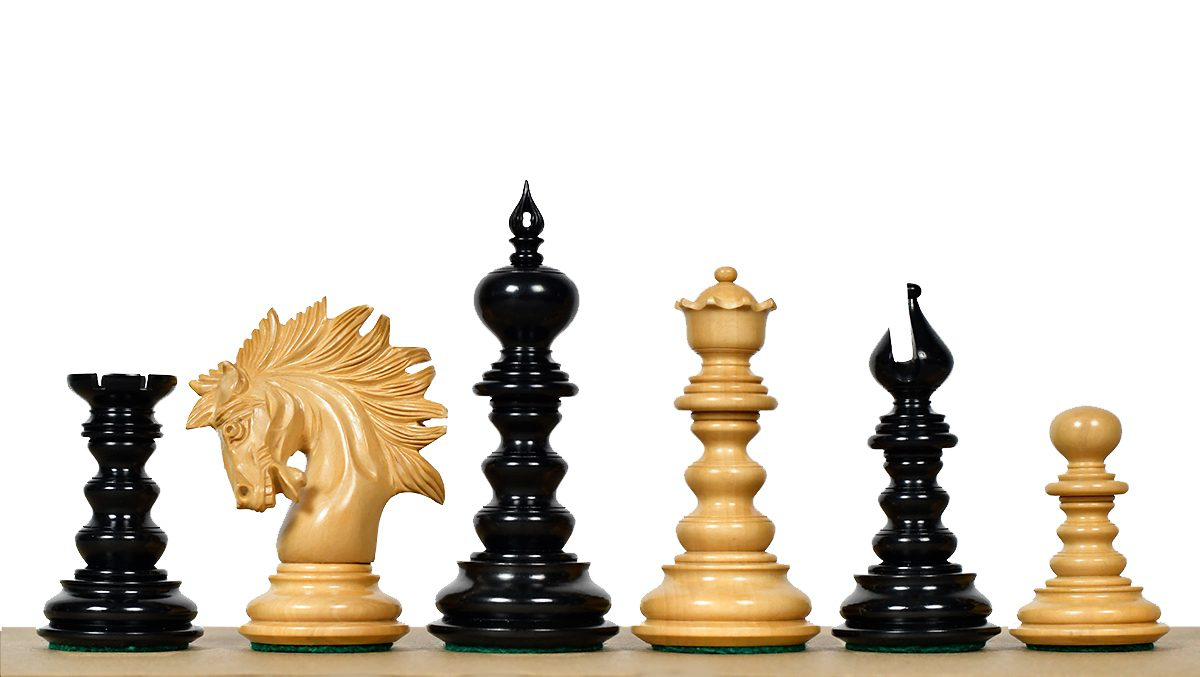
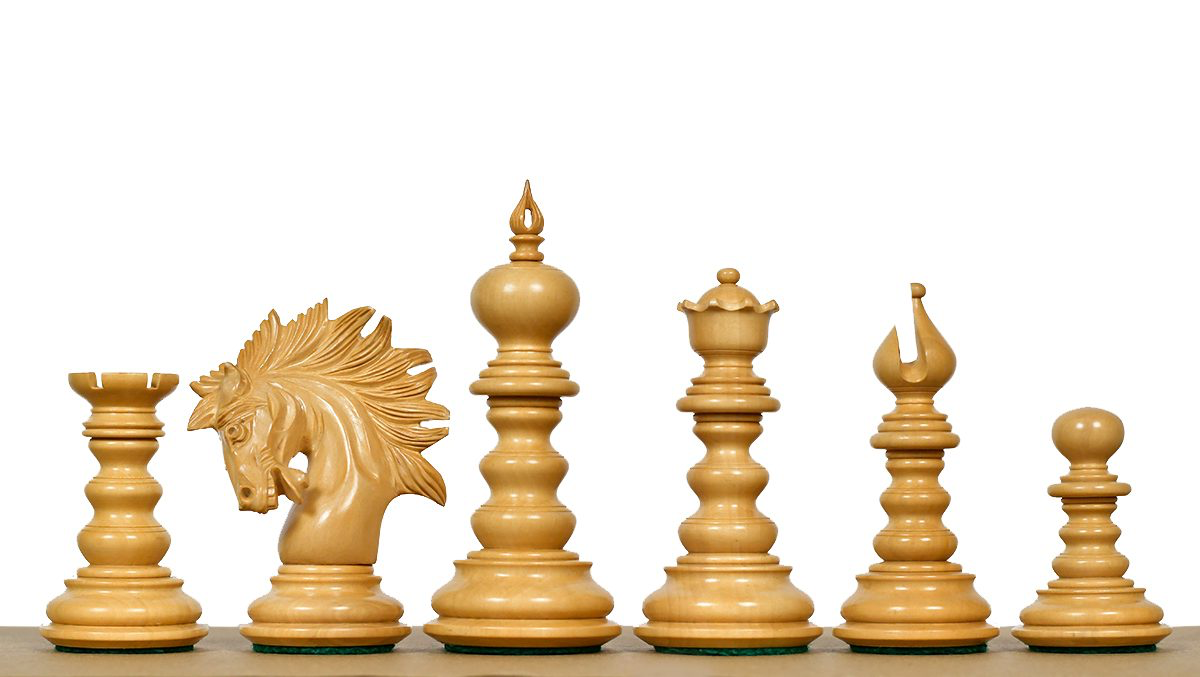
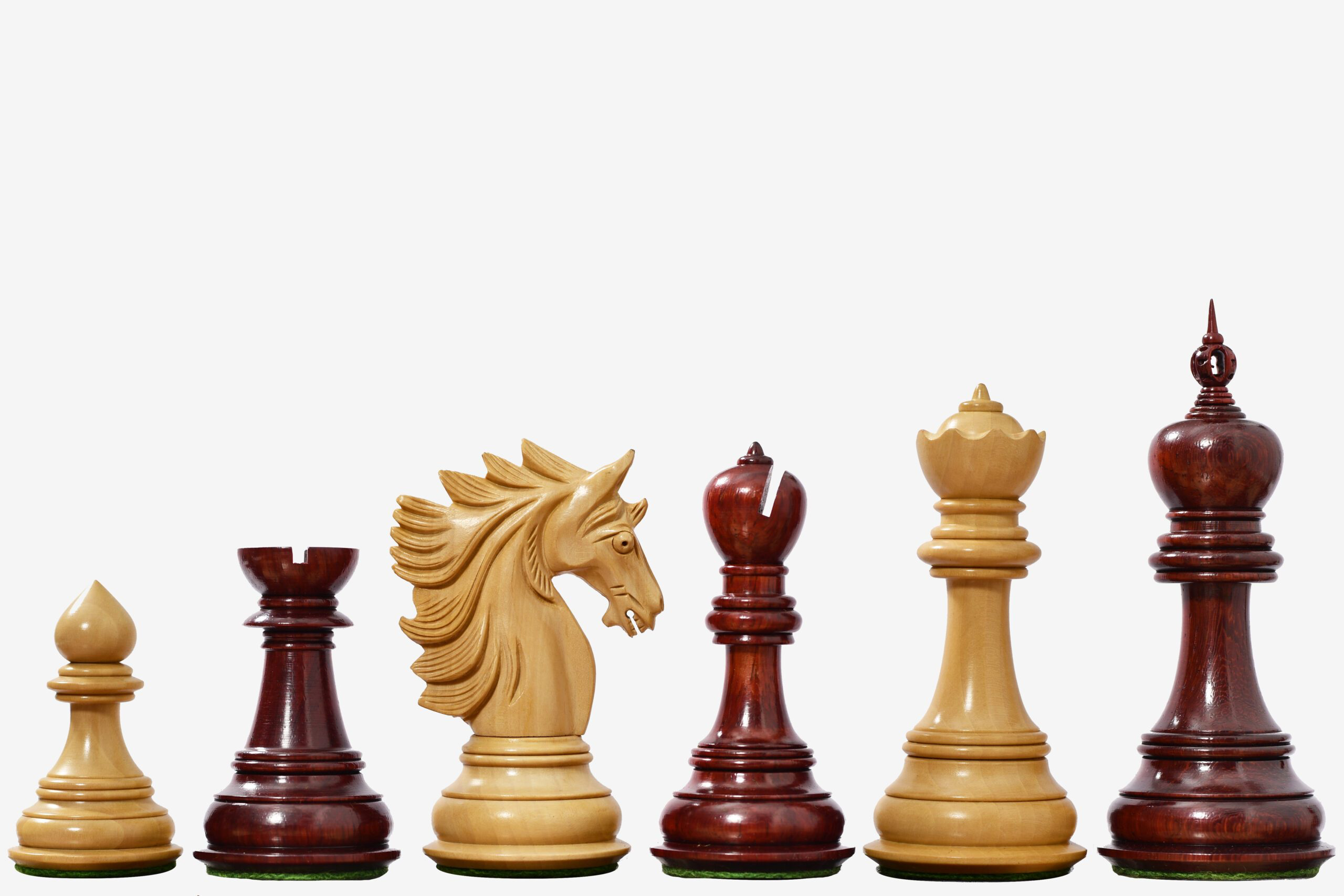
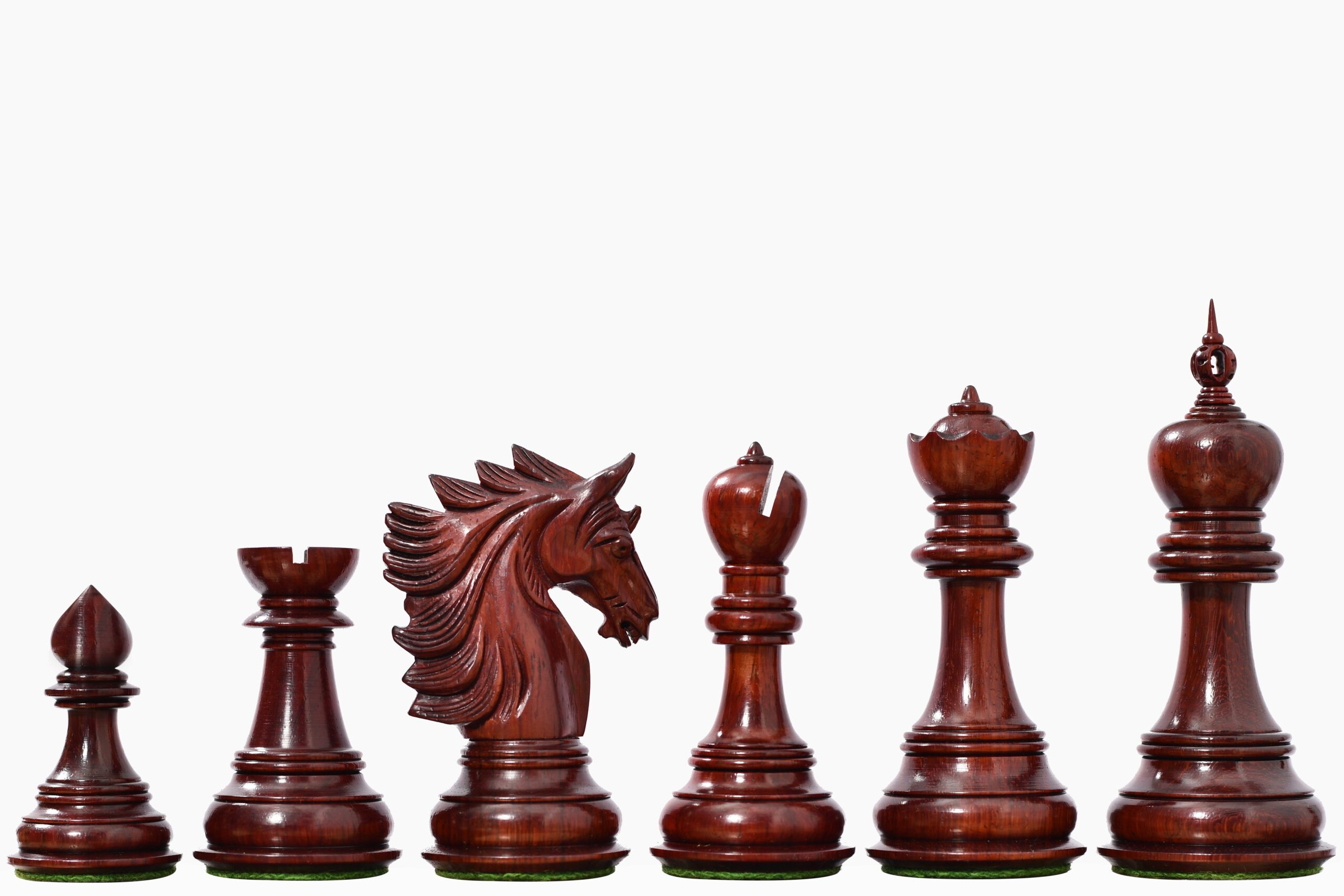
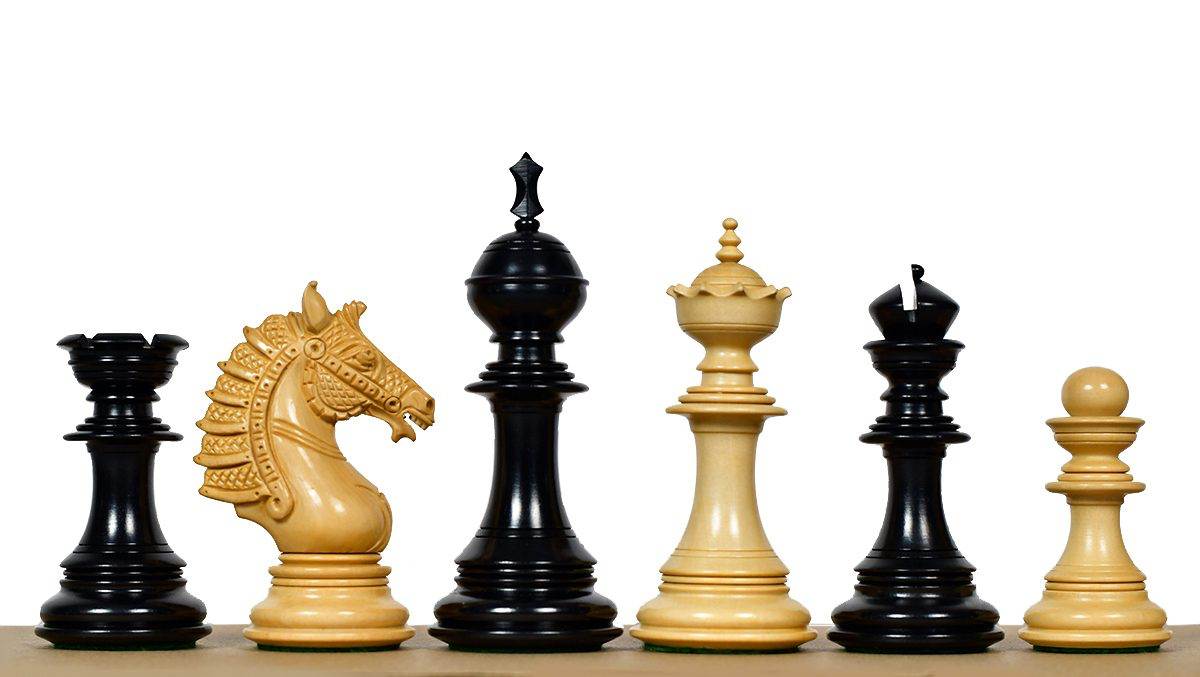
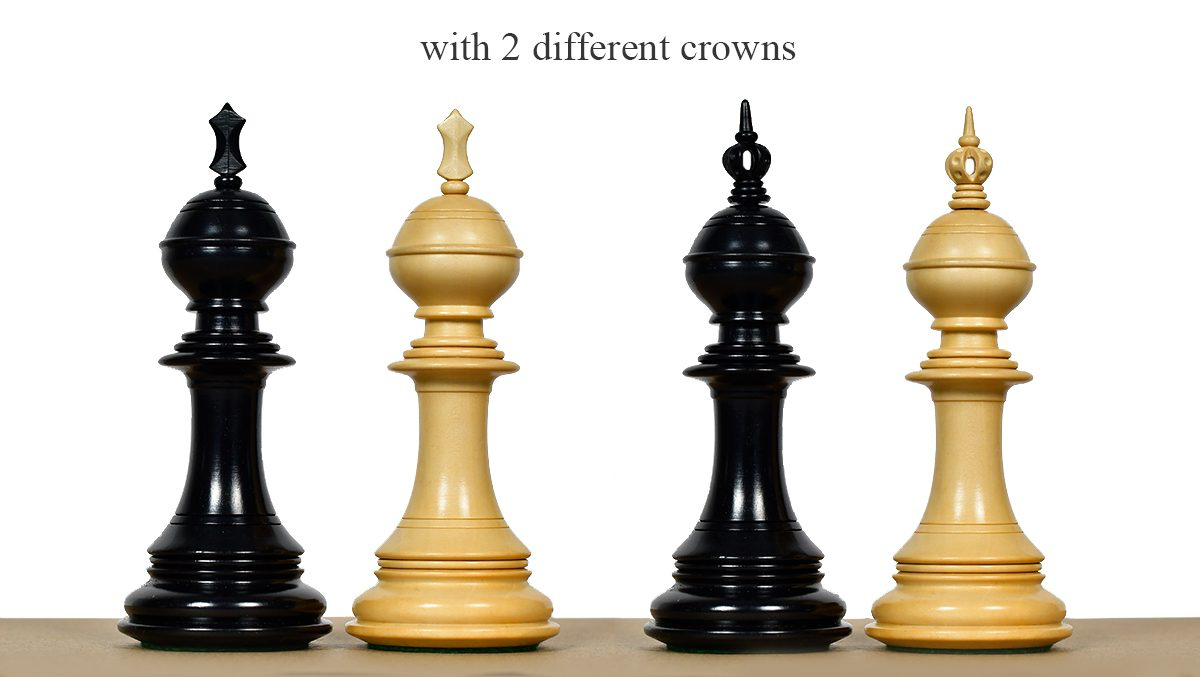
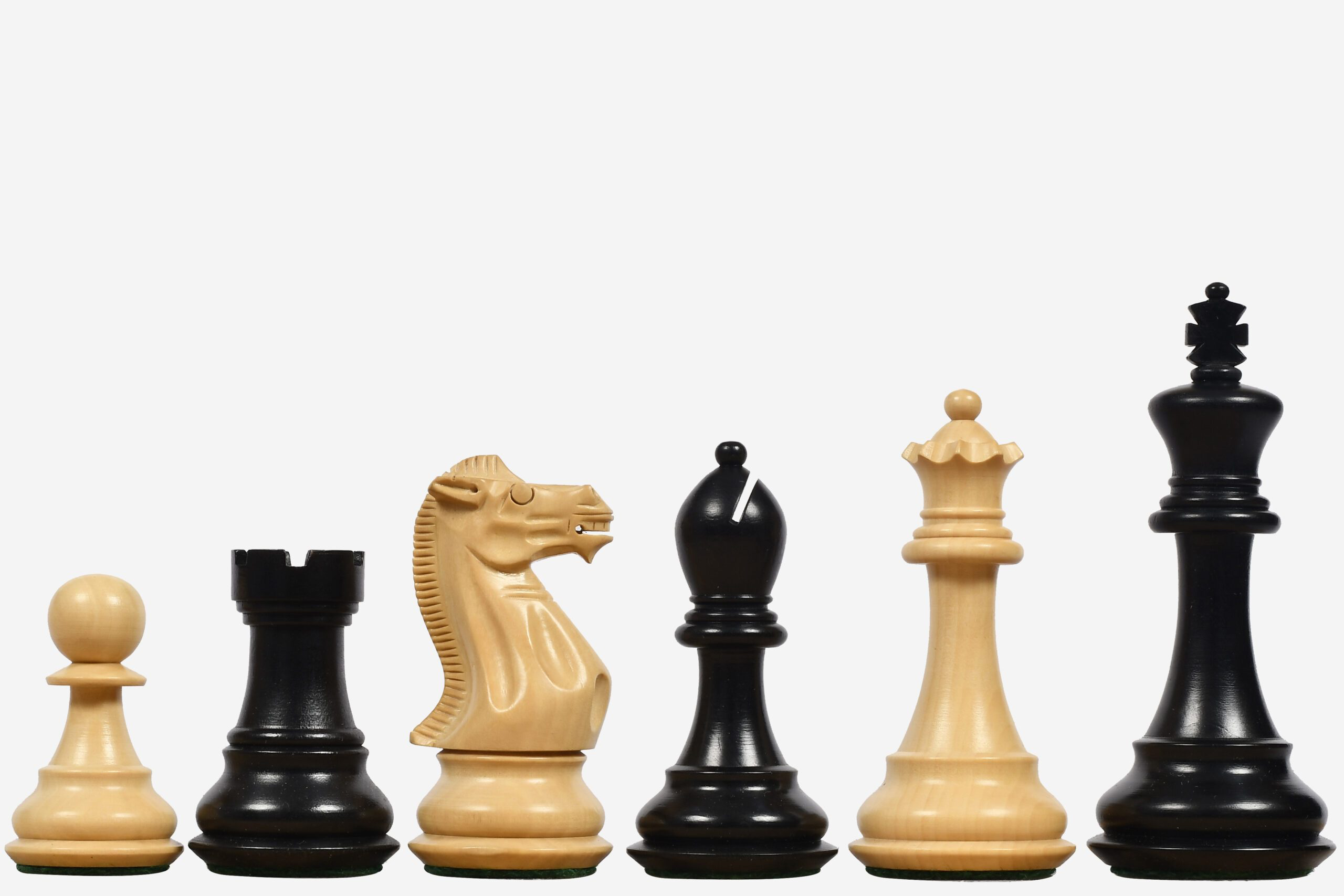
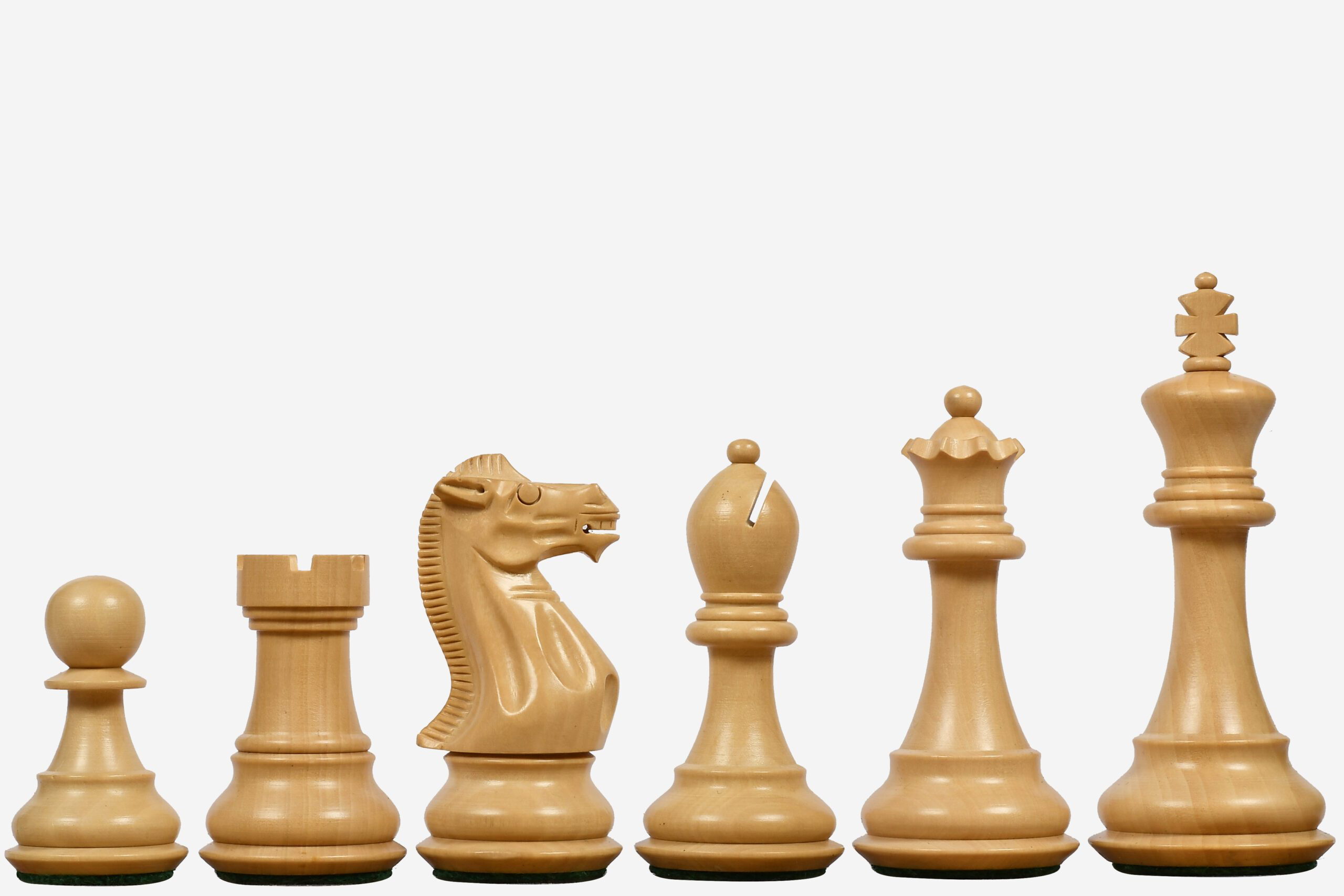
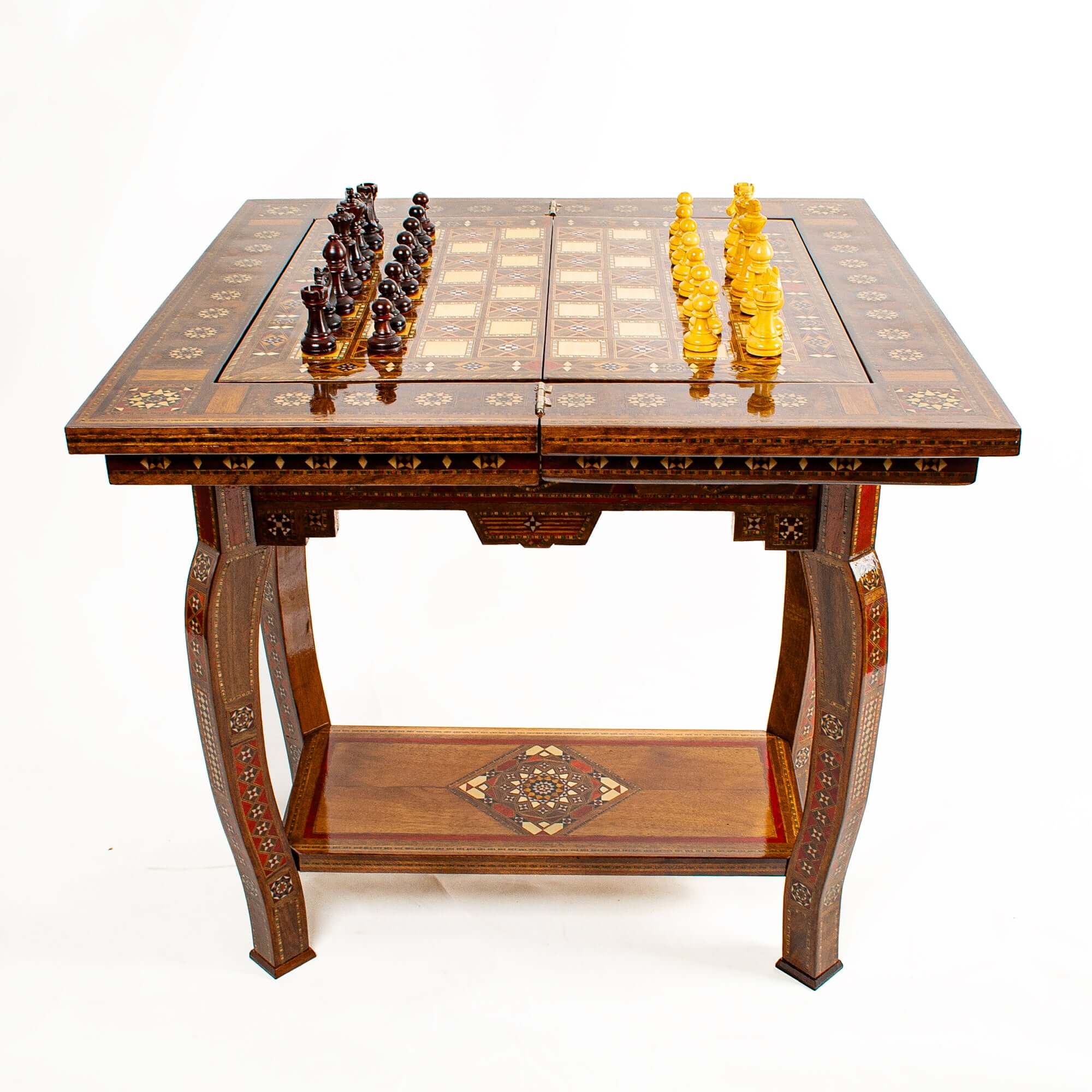

Leave a comment
All comments are moderated before being published.
This site is protected by hCaptcha and the hCaptcha Privacy Policy and Terms of Service apply.